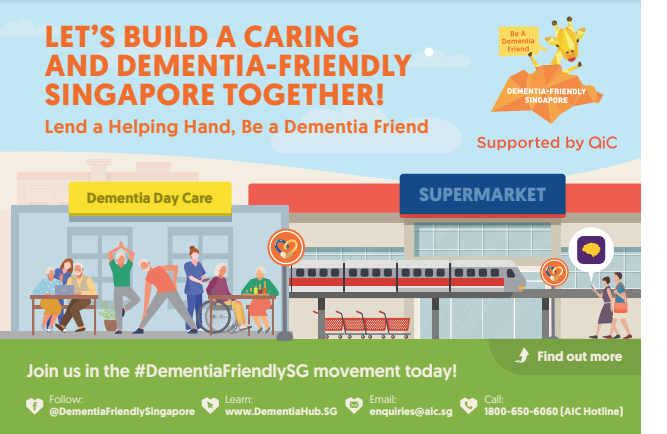
Let’s Build a Caring and Dementia-Friendly Singapore Together! This handy pamphlet shares with you what you need to know about the DFSG movement.
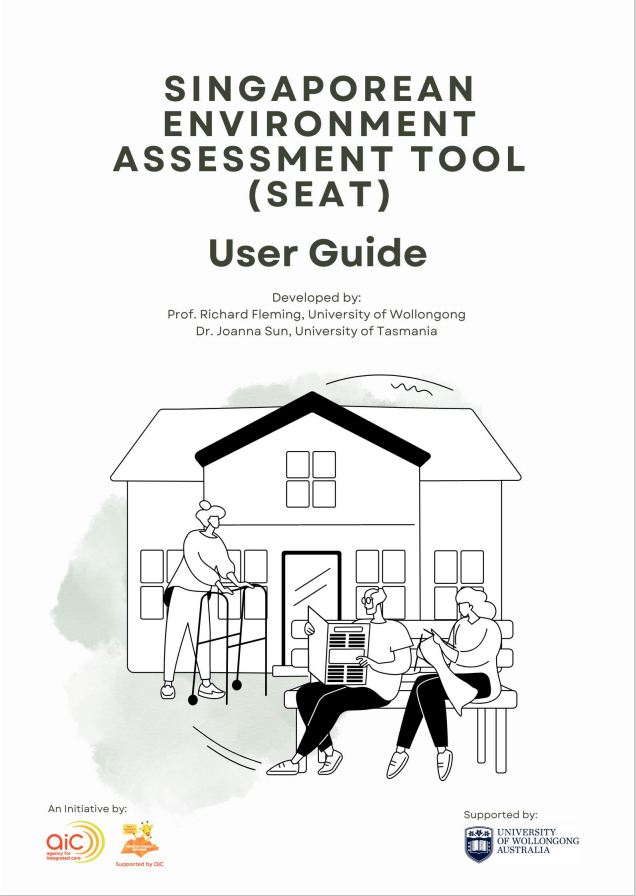
The purpose of this guide is to enable users of the SEAT to confidently and successfully complete an assessment of an environment used to accommodate persons living with dementia.
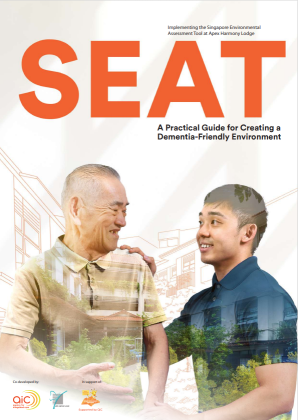
This guidebook provides insights on designing and implementing dementia-friendly environments using the SEAT. It highlights Apex Harmony Lodge’s application of the SEAT, with practical examples and case studies.
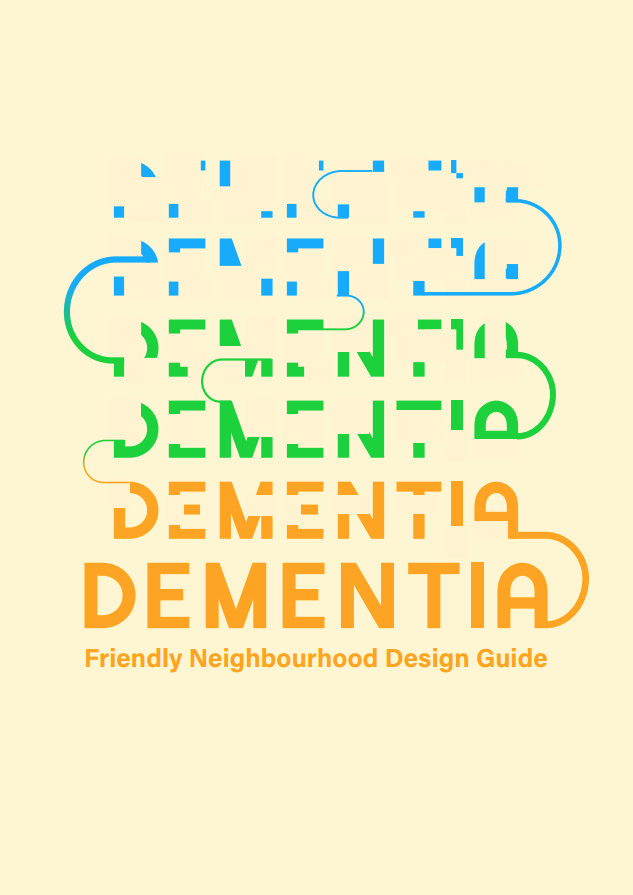
This guide builds on the AIC-CLC study, and is a consolidation of dementia-friendly principles, guidelines and tools across agencies and academic institutions.
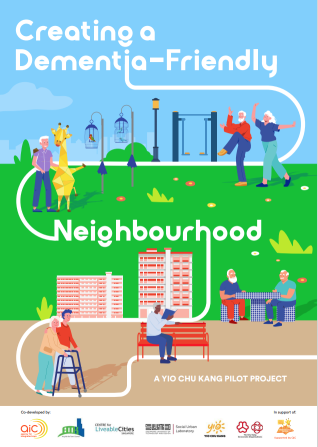
In collaboration with Centre for Liveable Cities (CLC) and the Singapore University of Technology and Design (SUTD), this report consolidates the learnings of the Dementia-Friendly Neighbourhood Study, and includes background on the dementia landscape in Singapore, the research process, key insights, and prototypes at Yio Chu Kang constituency.
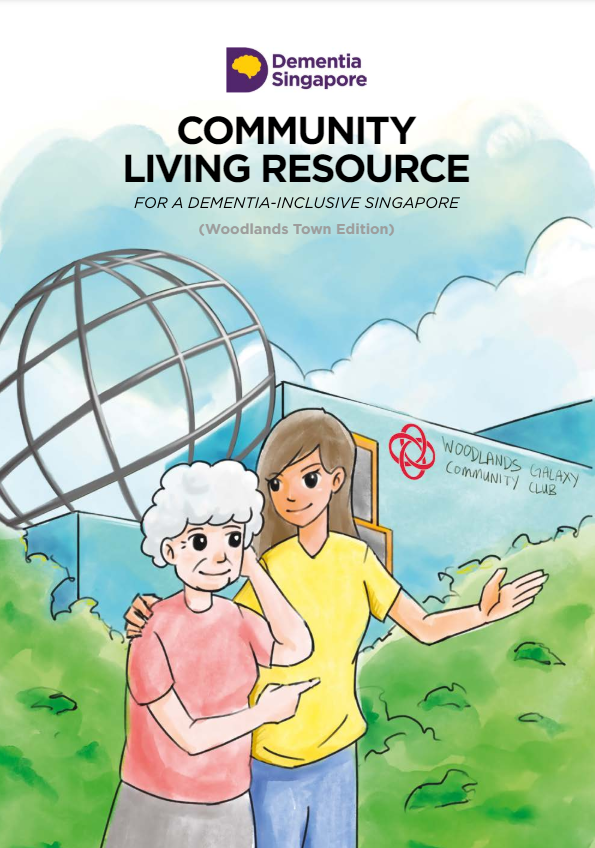
This is a guide on how to detect dementia, where to seek diagnosis, the kind of help and amenities in and around Woodlands Town, and other helpful resources.
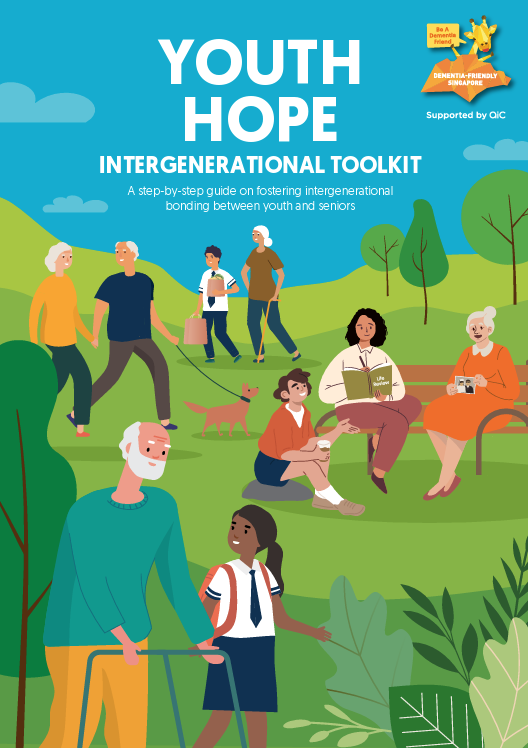
This journal encourages a deeper understanding between youths and seniors by engaging in meaningful conversations and journalling them down.
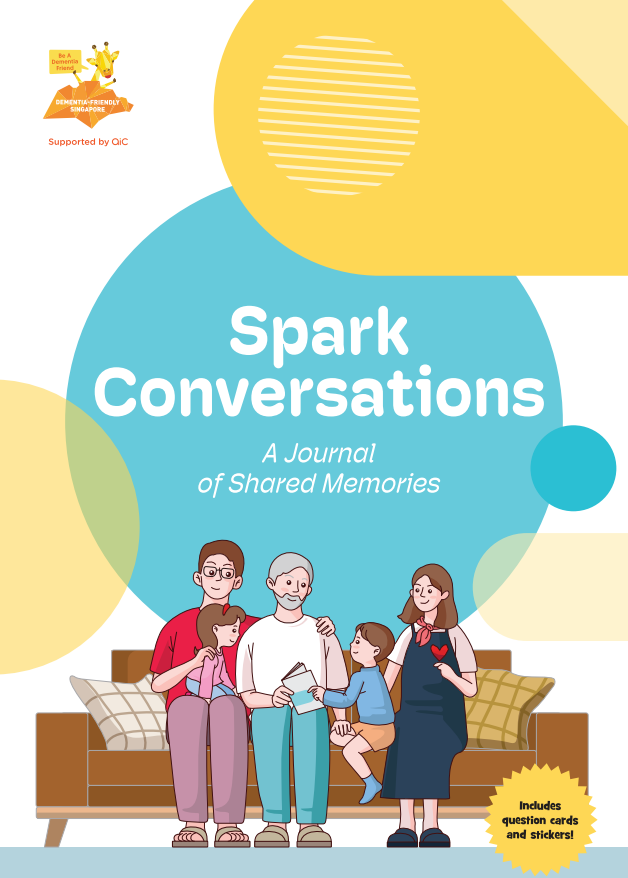
This journal encourages a deeper understanding between youths and seniors by engaging in meaningful conversations and journalling them down.
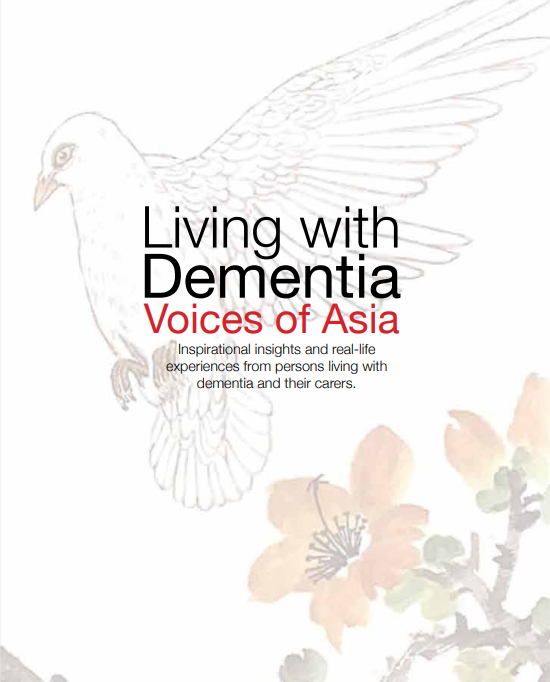
“Living with Dementia – Voices of Asia” is an anthology of real-life accounts penned by persons living with dementia and care partners across 13 countries in Asia. This eBook project is led dementia advocate, Emily Ong.
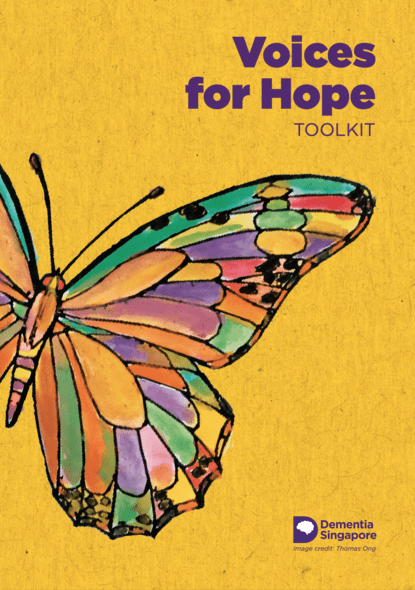
Voices for Hope is a 10-week empowerment programme for Persons Living with Dementia and Care Partners by Dementia Singapore. The programme was introduced and piloted in 2019, to equip participants with relevant skills, and foster confidence to actively share their stories, needs and views publicly. Based on activities conducted and learnings drawn from running 10 cohorts of the Voices for Hope programme, the toolkit is intended to serve as a practical resource and guide for organisations serving persons living with mild-stage dementia who may be considering to launch similar employment programme.
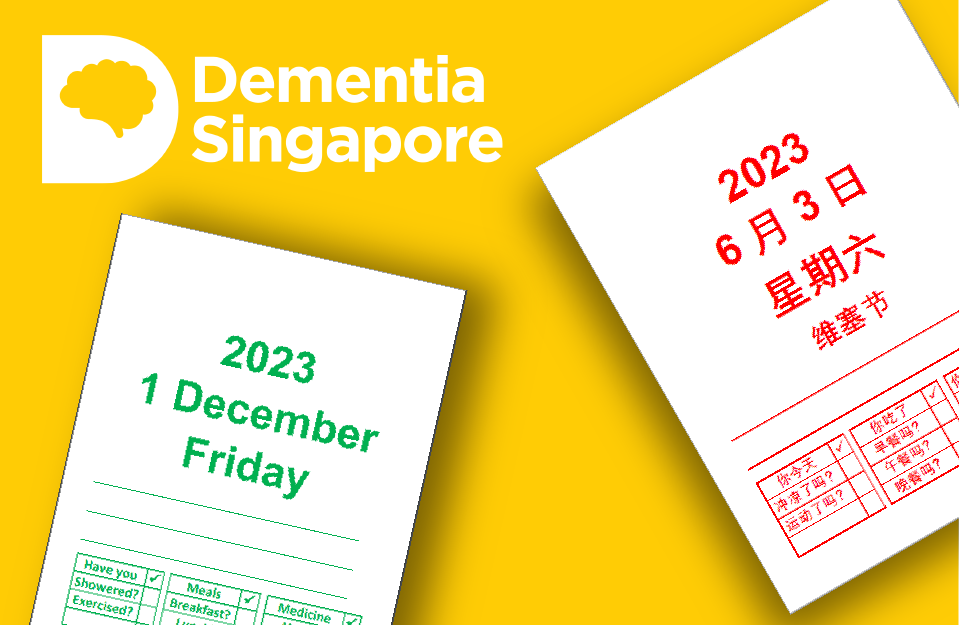
This calendar was created as a tool to help persons living with dementia keep track of important tasks including activities of daily living, taking medication and appointments, thereby empowering them to orientate themselves to the date/day of the week and other special occasions, maintain independence in self-care roles. This calendar is meant to be printed in colour so it has a familiar look similar to traditional tear-away calendars. It is relatively simple to assemble at home. Watch the video for a step-by-step guide on how to assemble the calendar.

This calendar was created as a tool to help persons living with dementia keep track of important tasks including activities of daily living, taking medication and appointments, thereby empowering them to orientate themselves to the date/day of the week and other special occasions, maintain independence in self-care roles. This calendar is meant to be printed in colour so it has a familiar look similar to traditional tear-away calendars. It is relatively simple to assemble at home. Watch the video for a step-by-step guide on how to assemble the calendar.
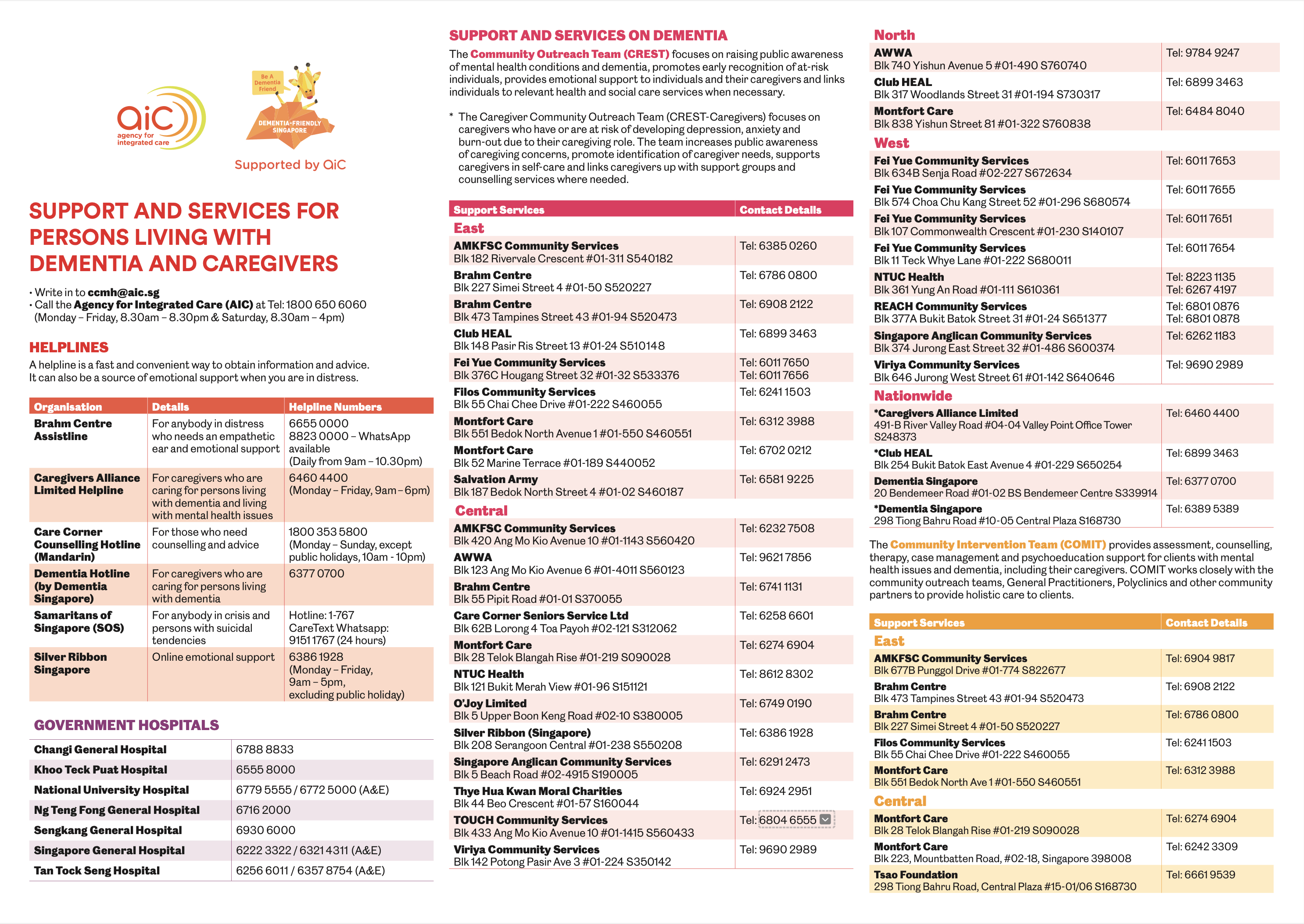 More from this series
More from this series
Download the listing for helplines and support and services such as Community Outreach Teams, Community Intervention Teams, respite care services and caregiver support groups.
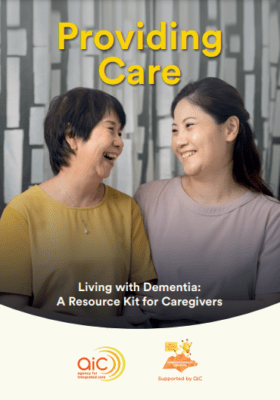 More from this series
More from this series
Provides tips on how to effectively communicate with a loved one and how to design a daily routine with engaging activities.
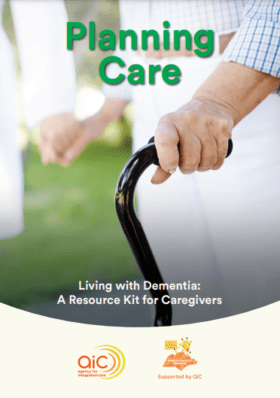 More from this series
More from this series
Provides information on financial and legal planning, and useful tips on how to make a home more dementia-friendly.
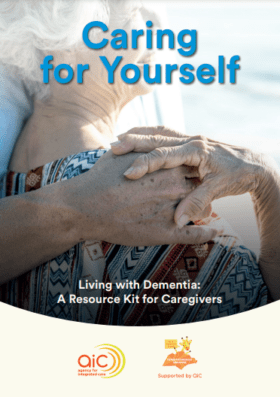 More from this series
More from this series
Provides caregivers with useful self-care tips, and know where and how to seek help within the community.
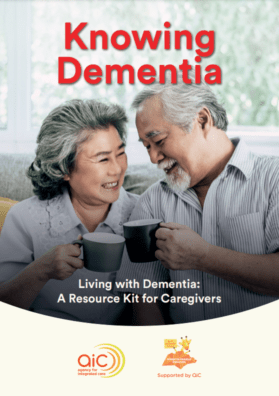 More from this series
More from this series
Provides information on dementia, understanding the signs and symptoms, and how and when to seek a diagnosis.
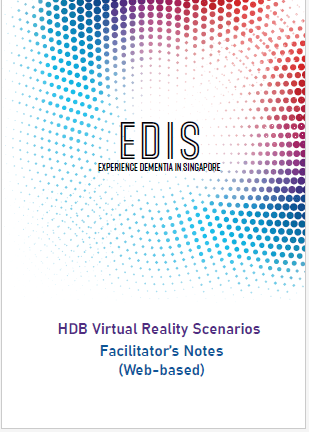
This guide is meant to aid trainers, educators or care professionals in facilitating a group session using the EDIS (Experience Dementia in Singapore) Web-based videos.

This book offers guidance to designing an elderly- and dementia-inclusive physical environment. It aims to offer a starting point for supportive, innovative and sustainable design; especially in the context of the Housing and Development Board (HDB) flat/ apartment where most Singaporeans reside in and in which most elderly and persons with dementia are living with their families.
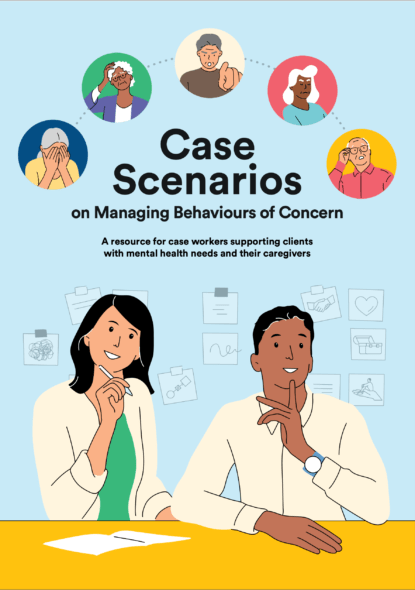 More from this series
More from this series
A resource for case workers supporting clients with mental health needs and their caregivers. Booklet comprises 11 sample case scenarios which aims to provide suggestions on how community partners better manage cases with dementia behaviours of concern in the community.
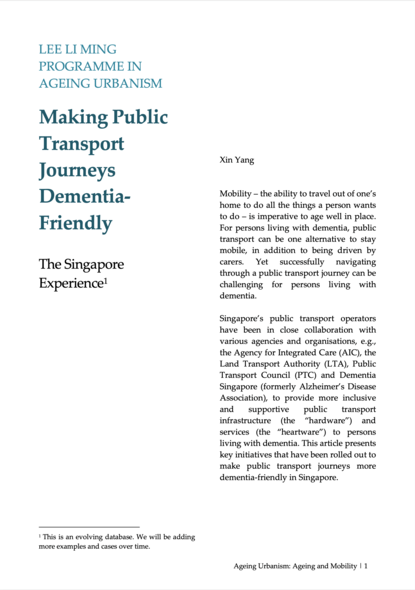
Resource from the Lee Kwan Yew Centre of Innovative Cities, author Xin Yang examines the role of Singapore’s major public transport providers in making the public transportation network more dementia-friendly and inclusive.
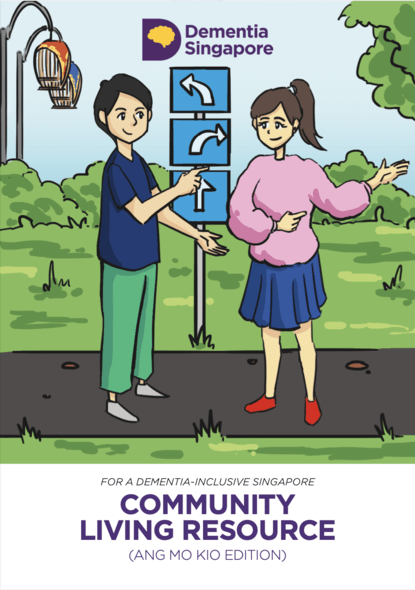
Compiled by the Ang Mo Kio Partners Network, this is a dementia resource of local amenities and services for residents to live well in the community.
 More from this series
More from this series
This cookbook offers recipes by caregivers that are simple, tasty, healthy & suitable for various medical conditions
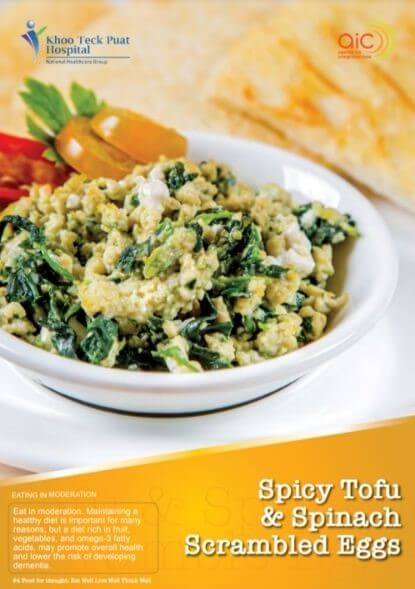 More from this series
More from this series
This resource offers 8 nutritious recipes like crispy oats dosa that will allow your loved one to eat, live & think well
 More from this series
More from this series
This resource offers 8 nutritious recipes like fish congee that will allow your loved one to eat, live & think well
 More from this series
More from this series
The theme for this toolkit is Weddings. It comes with guiding questions, images, activities, & instructions
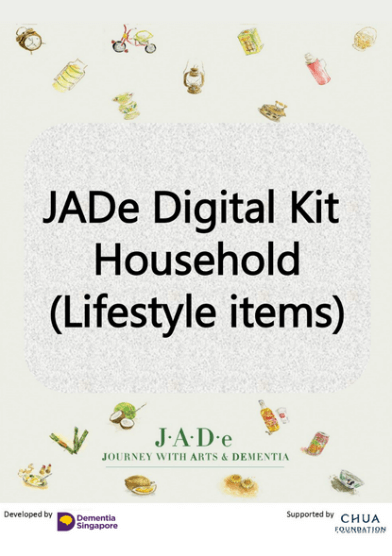 More from this series
More from this series
The theme for this toolkit is Lifestyle. It comes with guiding questions, images, activities, & instructions
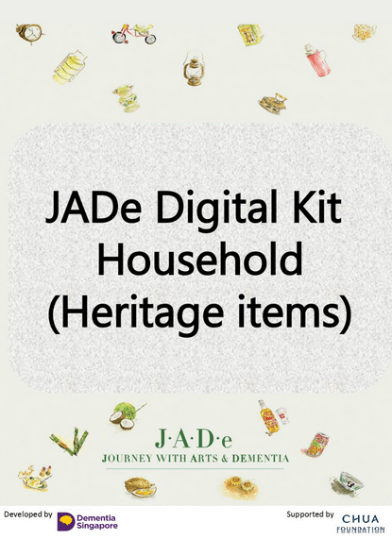 More from this series
More from this series
The theme for this toolkit is Heritage. It comes with guiding questions, images, activities, & instructions
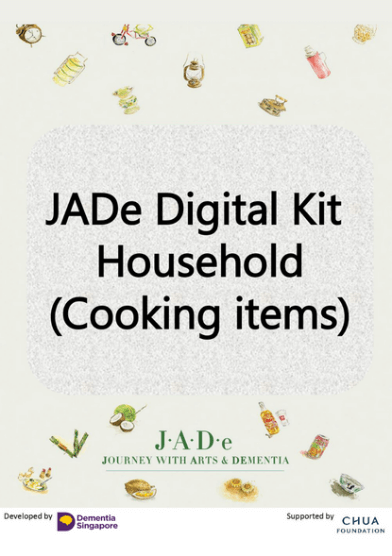 More from this series
More from this series
The theme for this toolkit is Cooking. It comes with guiding questions, images, activities, & instructions
 More from this series
More from this series
The theme for this toolkit is Old School Games. It comes with guiding questions, images, activities, & instructions
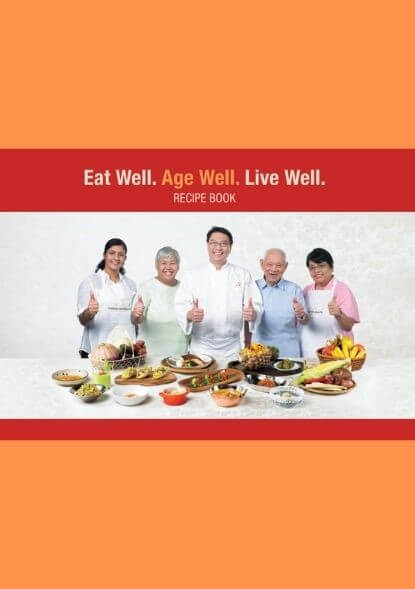
This is a cookbook of 50 recipes, with options that are tasty, nutritious & suitable for various medical condition
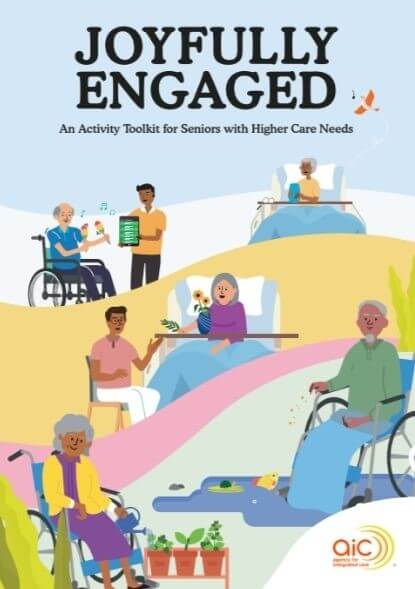
This resource provides a list of activities for seniors who require assistance in most of their daily living activities

This is an art therapy-infused activity resource for seniors and their caregivers
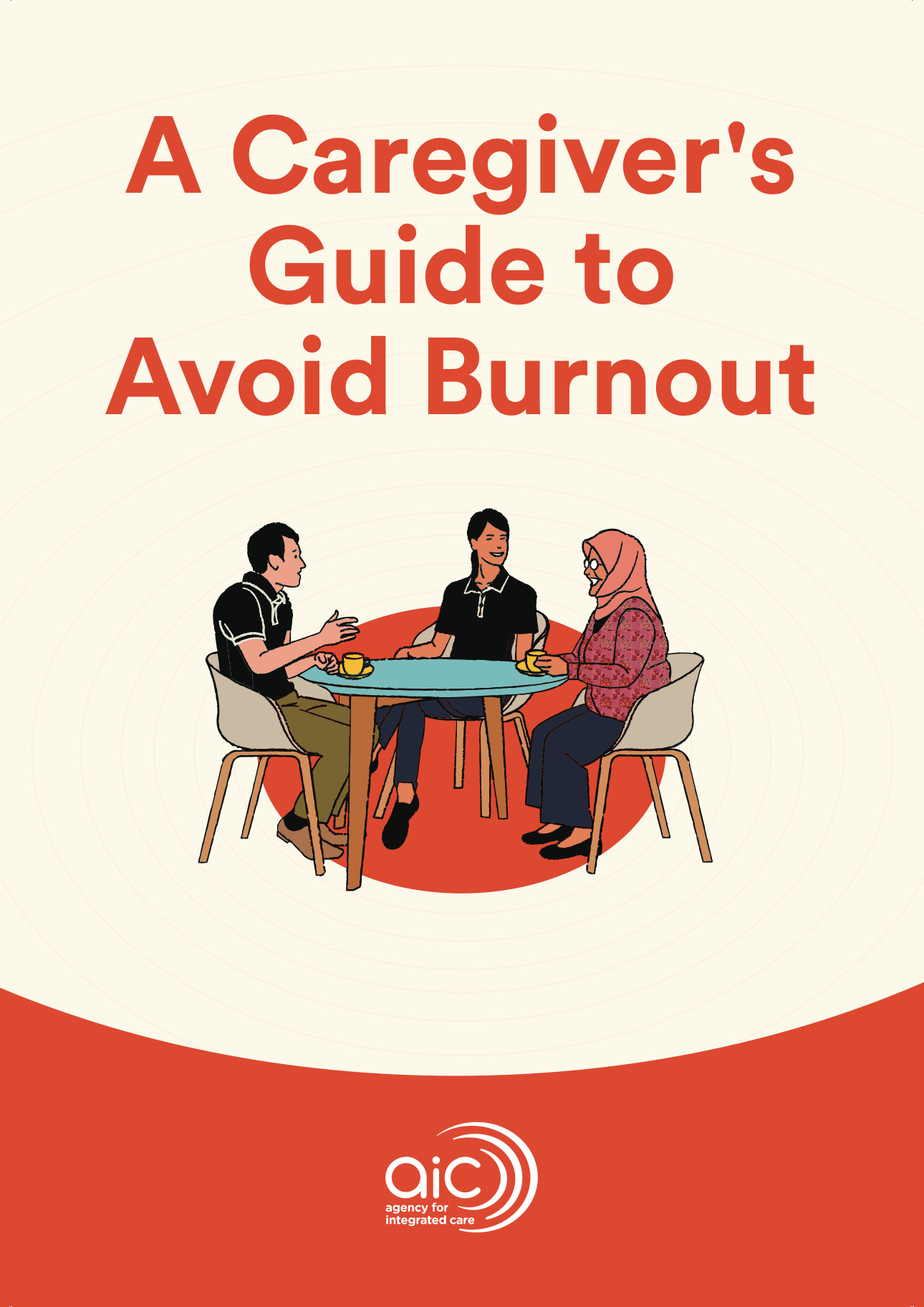
This resource features tips for managing negative emotions, coping with emotional burdens, self-care & respite time
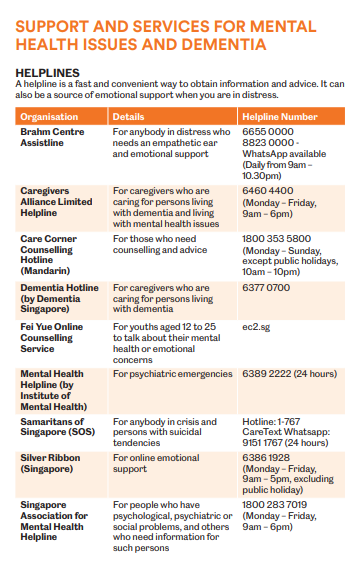
This resource provides a comprehensive list of support & services for dementia & mental health issues in Singapore
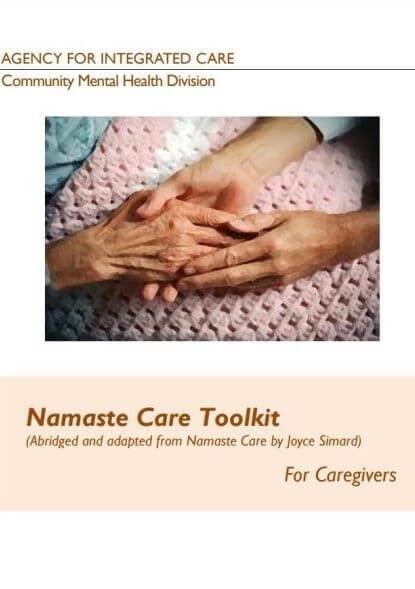 More from this series
More from this series
This toolkit offers practical tips for communicating with your loved one & creating a conducive space for activities
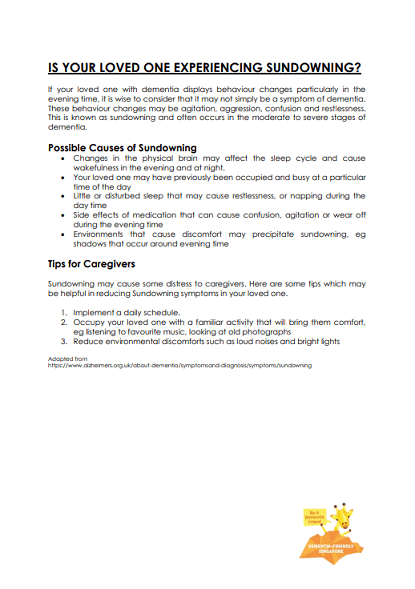
This resource features information on the possible causes of sundowning & tips for caregivers to cope with it
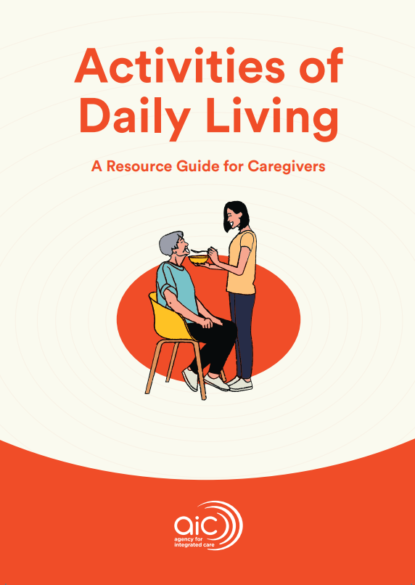
This handbook offers caregivers a step-by-step guide on how to support their loved one with activities of daily living
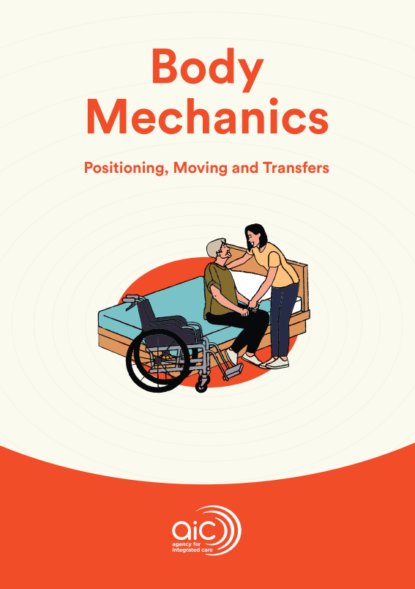
This guidebook offers safety tips for caregivers who need to physically move their loved one from one place to another
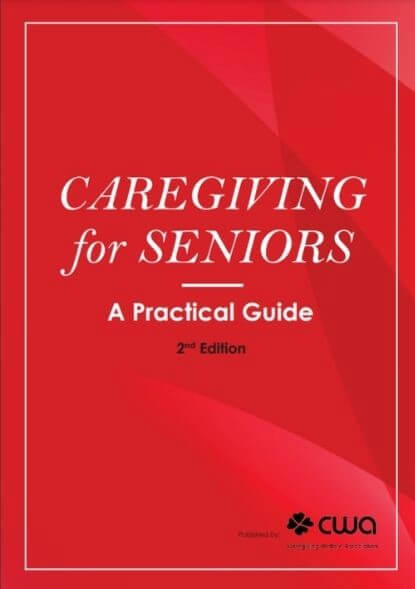
This handbook contains practical information & tips that caregivers can use to cope with the challenges they may face
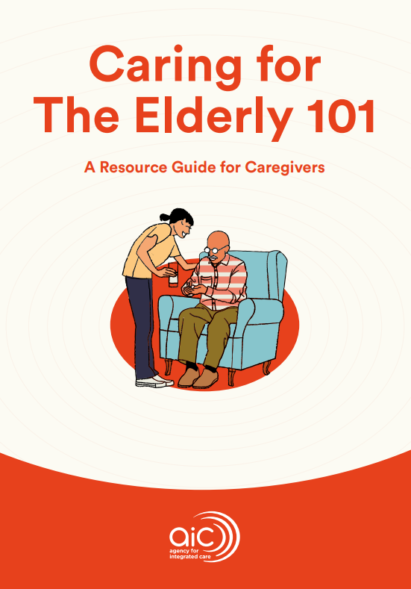
This resource provides information on financial and legal matters, training, home modifications & self-care tips
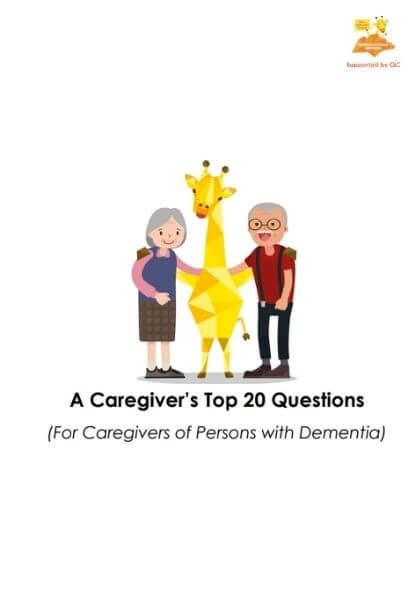
This document provides answers to frequently asked pre- & post-diagnosis-related questions from caregivers
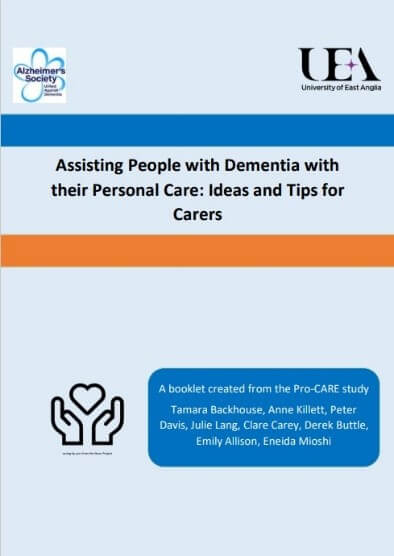
This booklet features practical tips for caregivers and care professionals of persons with moderate-to-advanced dementia
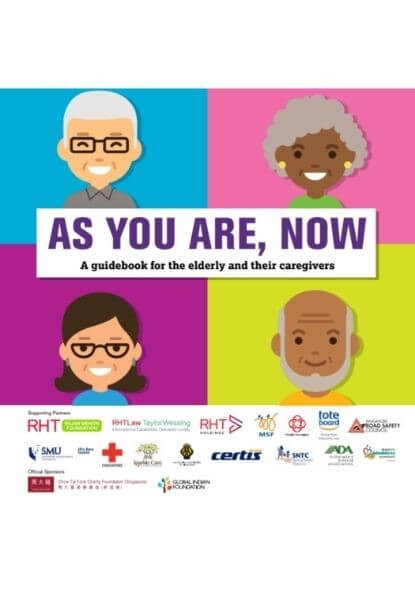
This guidebook contains information on legal matters, first aid and dementia, home monitoring & road safety for seniors
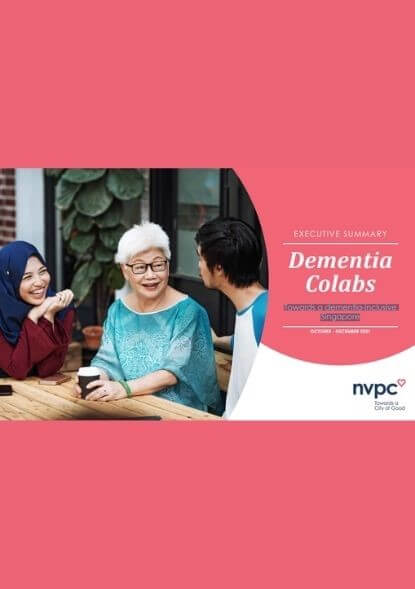 More from this series
More from this series
This is an executive summary that distils key points from the full Dementia Colabs report
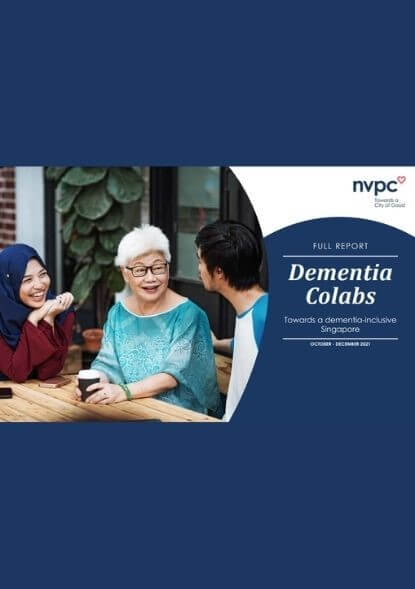 More from this series
More from this series
This report highlights the key points from Dementia Colabs discussions & ways to create a dementia-inclusive Singapore
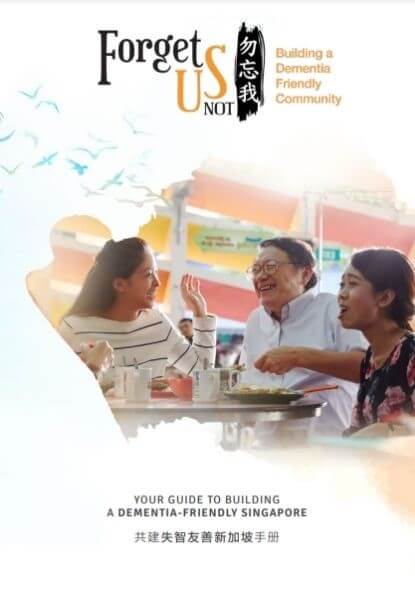
This toolkit features information and tips on how to recognise and communicate with persons living with dementia
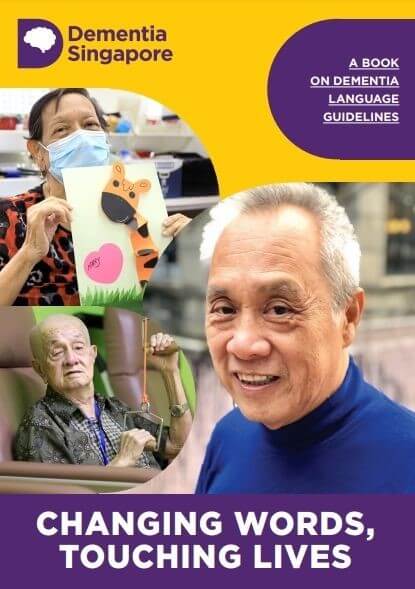
This toolkit aims to guide readers to use the appropriate language when speaking to or about persons with dementia
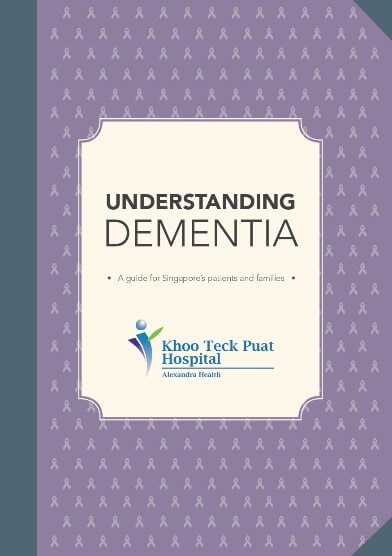
This toolkit features tips for better understanding persons with dementia, advance care planning & music therapy
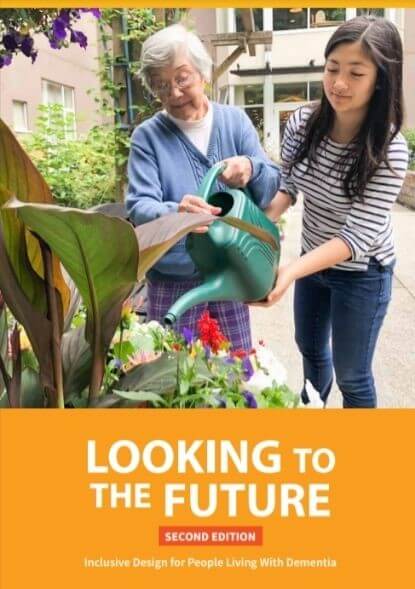
This guide serves as an update and expansion of the 2016 “Looking to the Future – Designing and Managing Residential Facilities for People with Dementia.” Through this guide, we aim to empower community care organisations on enhancing environment with retro-fits and minor adaptations such as choice of furniture to optimise the dementia-friendliness of the environment to enable and support the person living with dementia.
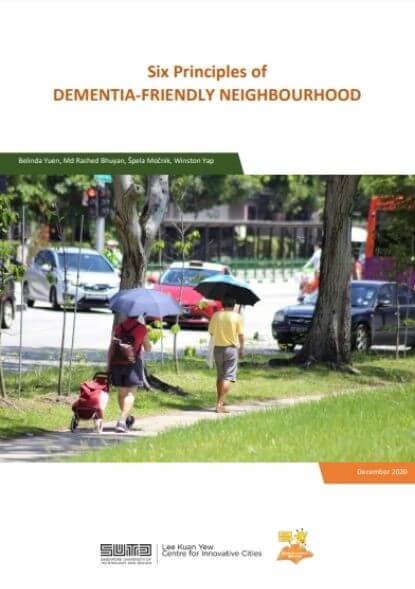
This document outlines some guiding principles and features that are useful for making outdoor spaces and environments more friendly and welcoming to people living with dementia in the community.
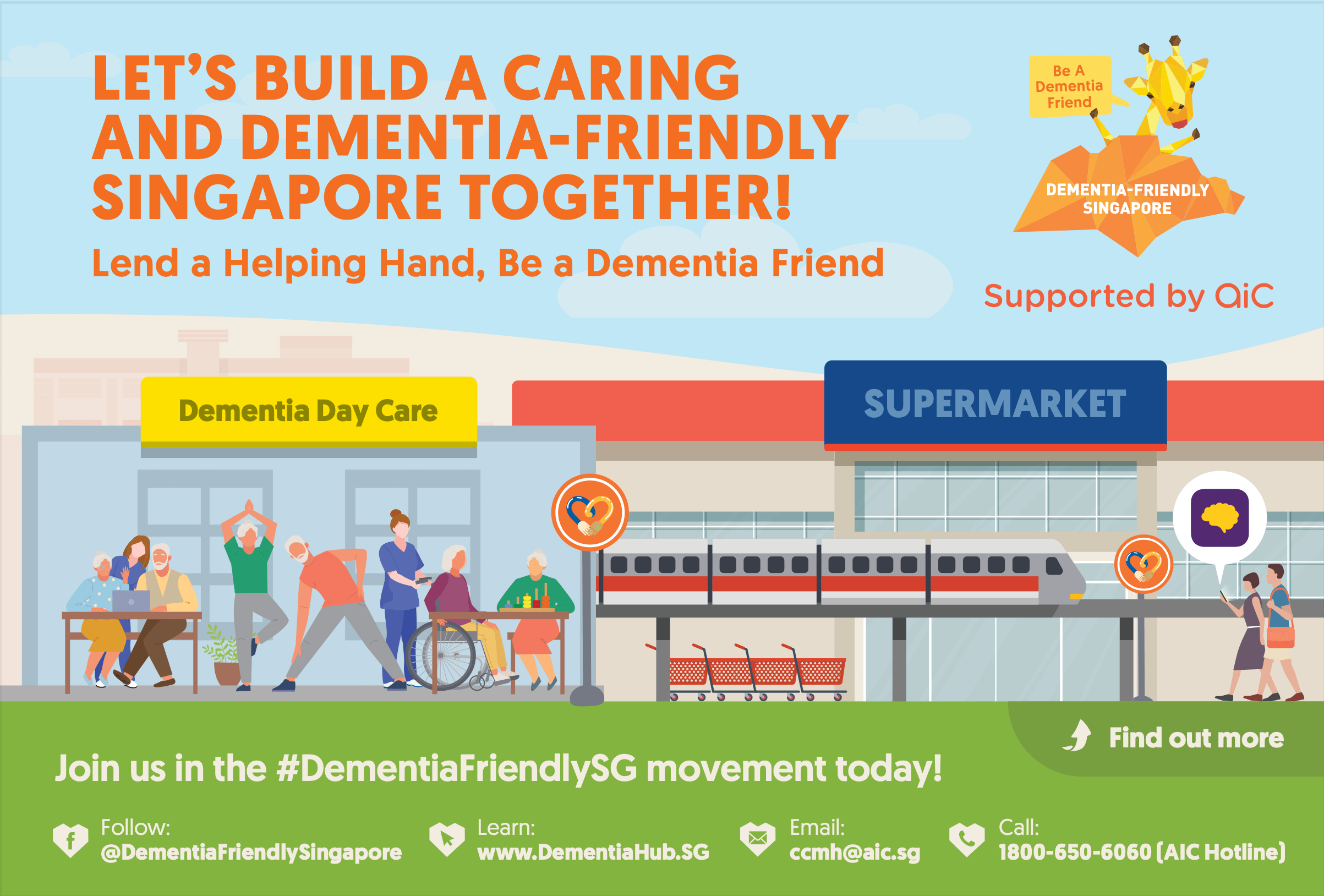
This resources provides information, tips and resources on building a dementia-friendly community in Singapore
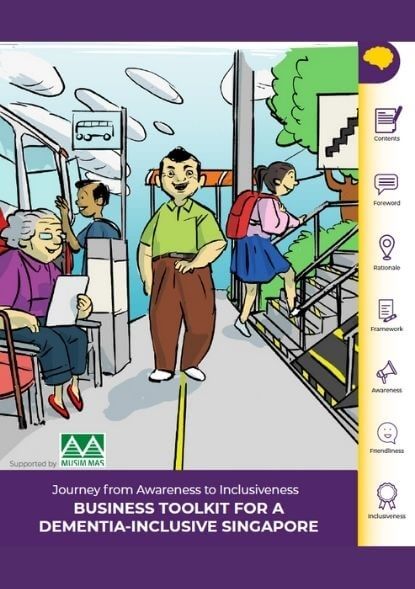
“This toolkit offers a 3-stage framework that businesses can use to create a dementia-inclusive work environment”
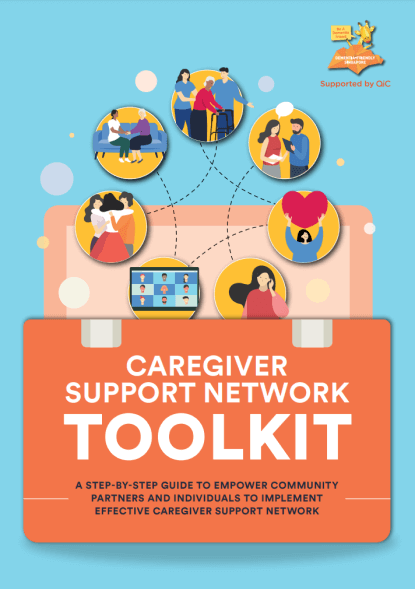 More from this series
More from this series
A step-by-step guide to empower community partners & individuals to implement effective caregiver support network
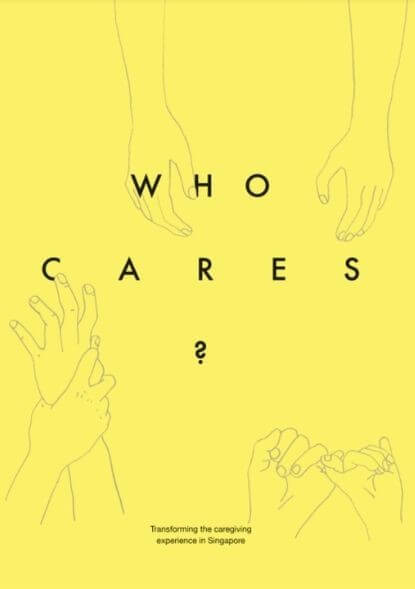
This book offers deep insight into the highs and lows of being a caregiver, and suggestions to best support them
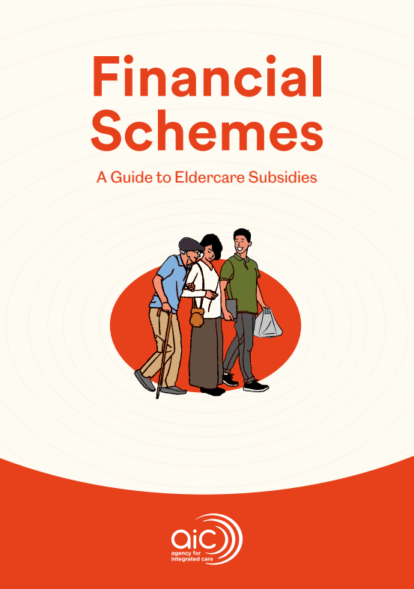
This resource offers a list of financial schemes available to reduce the financial burden of those impacted by dementia
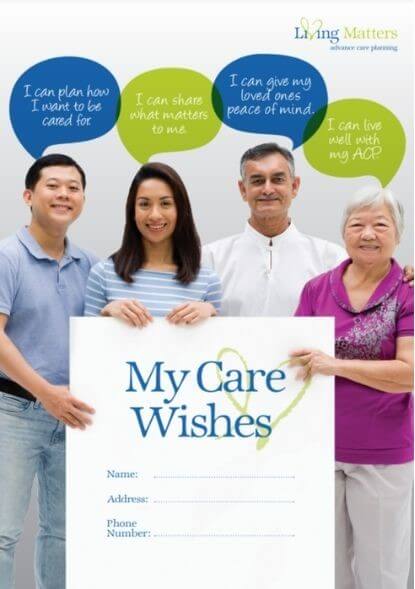 More from this series
More from this series
This workbook is designed to help you make these advanced care plans & share them with your loved ones
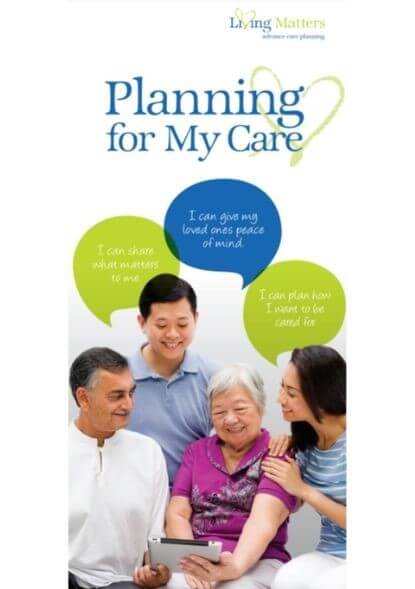 More from this series
More from this series
This resource breaks down what advanced care planning is & the steps you need to take when going about it
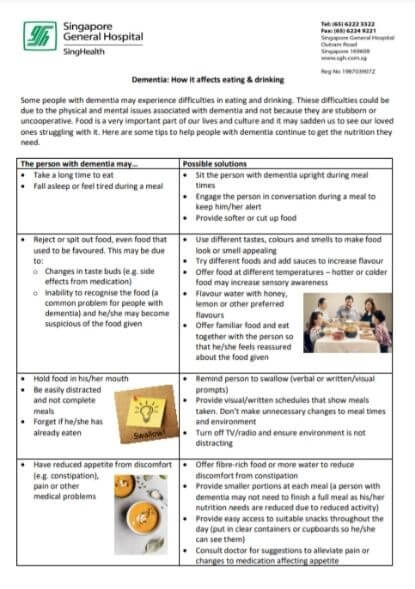
This summary from Singapore General Hospital offers tips to ensure that people with dementia get the nutrition they need
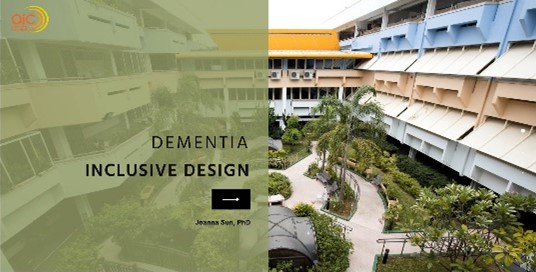
Learn more about the principles of dementia-inclusive design and the role of technology and culture.
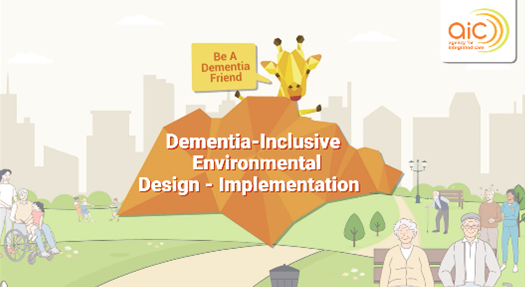
Using the SEAT to evaluate dementia-friendliness of an environment.
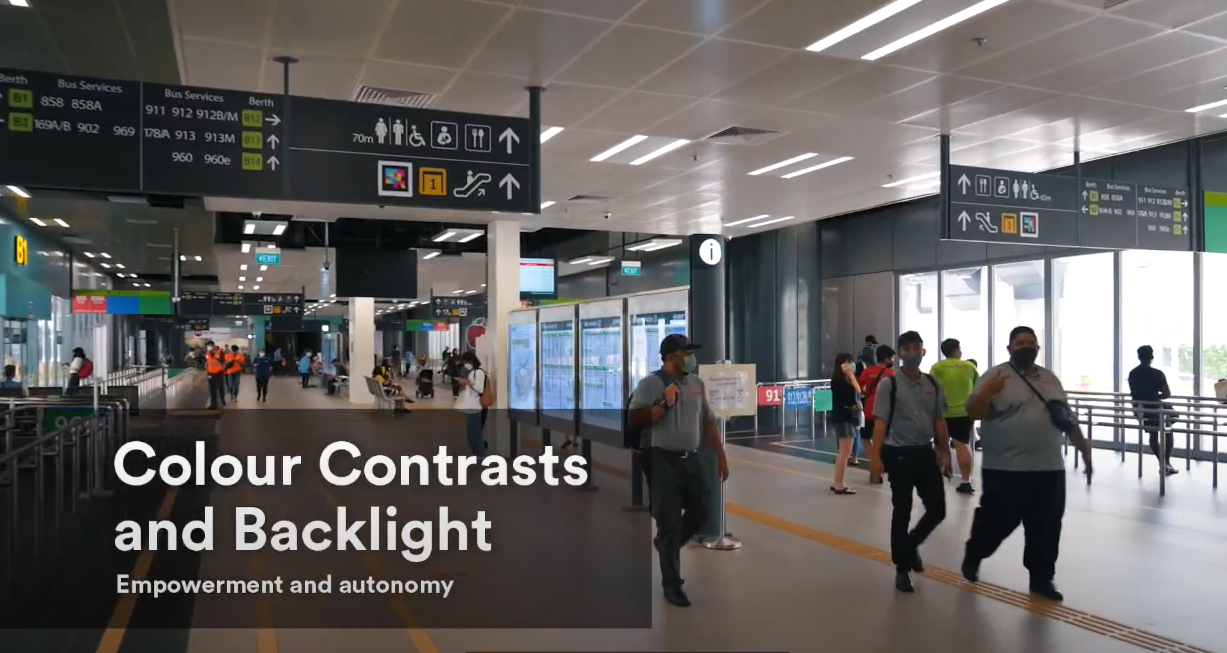
Understand how dementia impacts perception and interaction with the environment through the lens of someone with dementia.
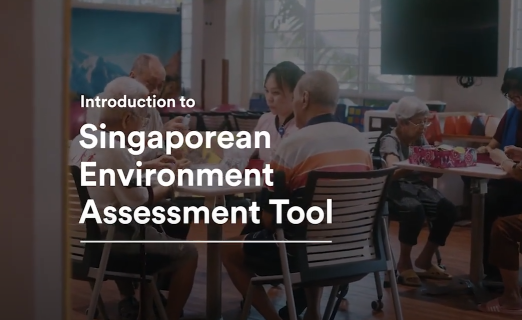
Introduction to the SEAT and its development.
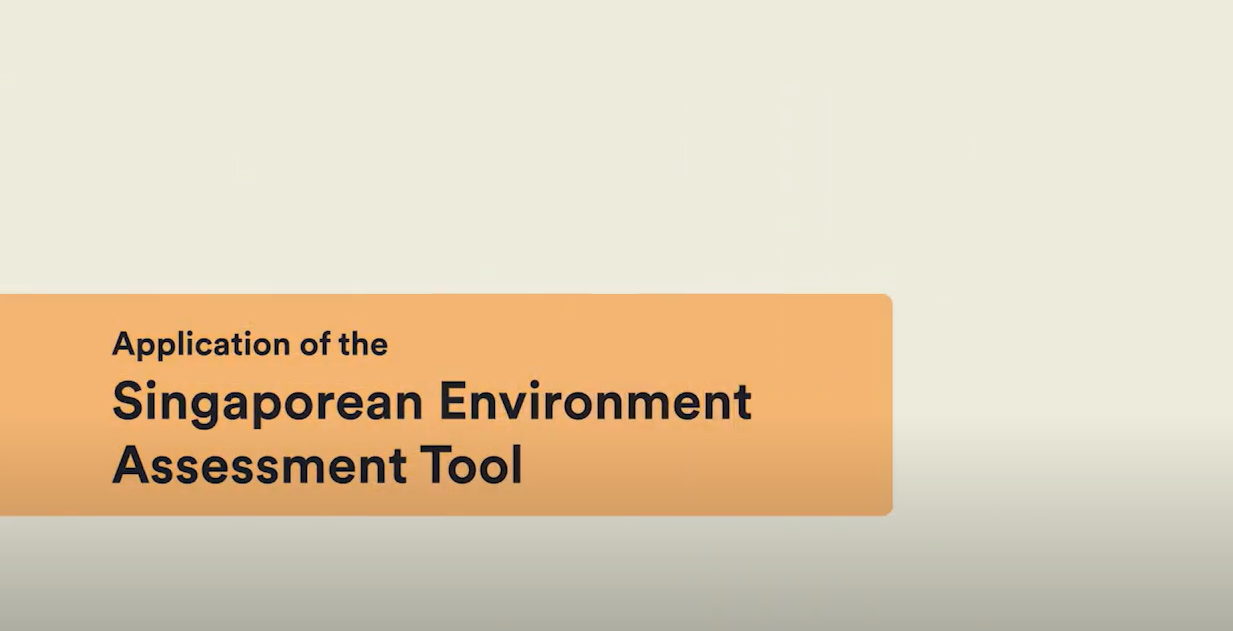
Using the SEAT to help identify dementia-friendly design features in different spaces.
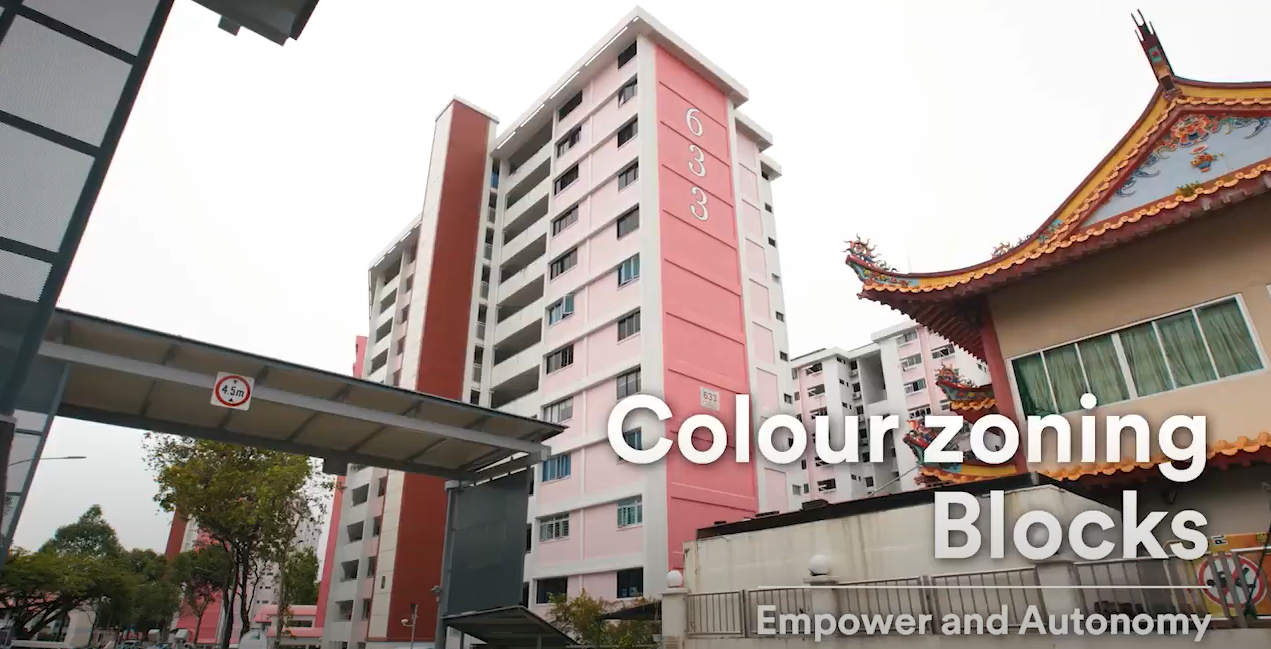
Making public spaces dementia-friendly through thoughtful design features.

Designing dementia-inclusive environments in Singapore.
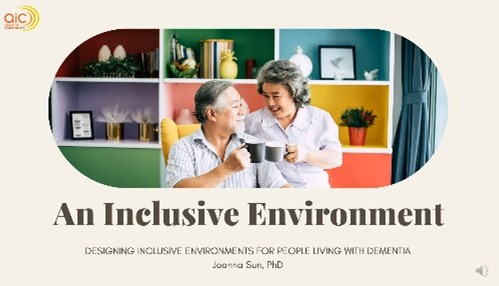
Introduction to dementia-friendly environmental design principles and the role that a positive environment can have on dementia care.
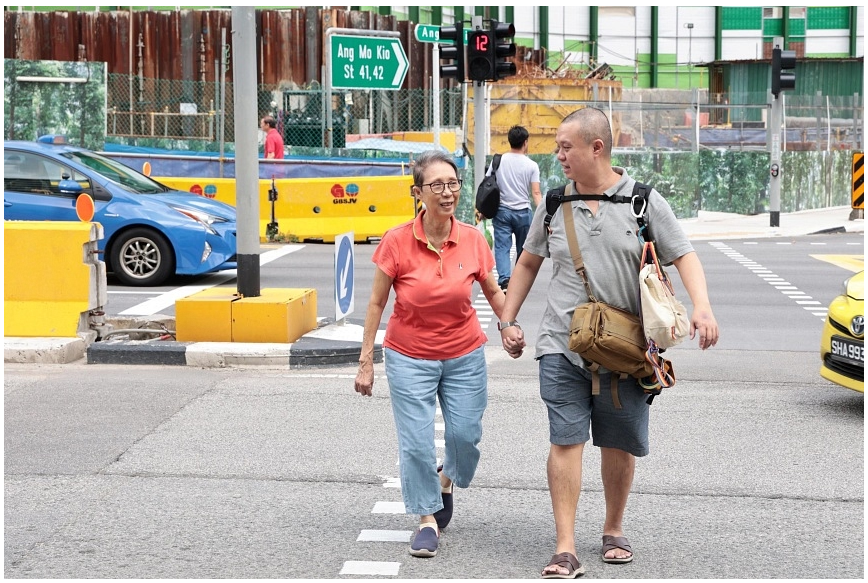
When his mother developed Alzheimer’s disease, Glenn Poh took it upon himself to look after her. He pens a message about navigating the twists and turns of caring for her.
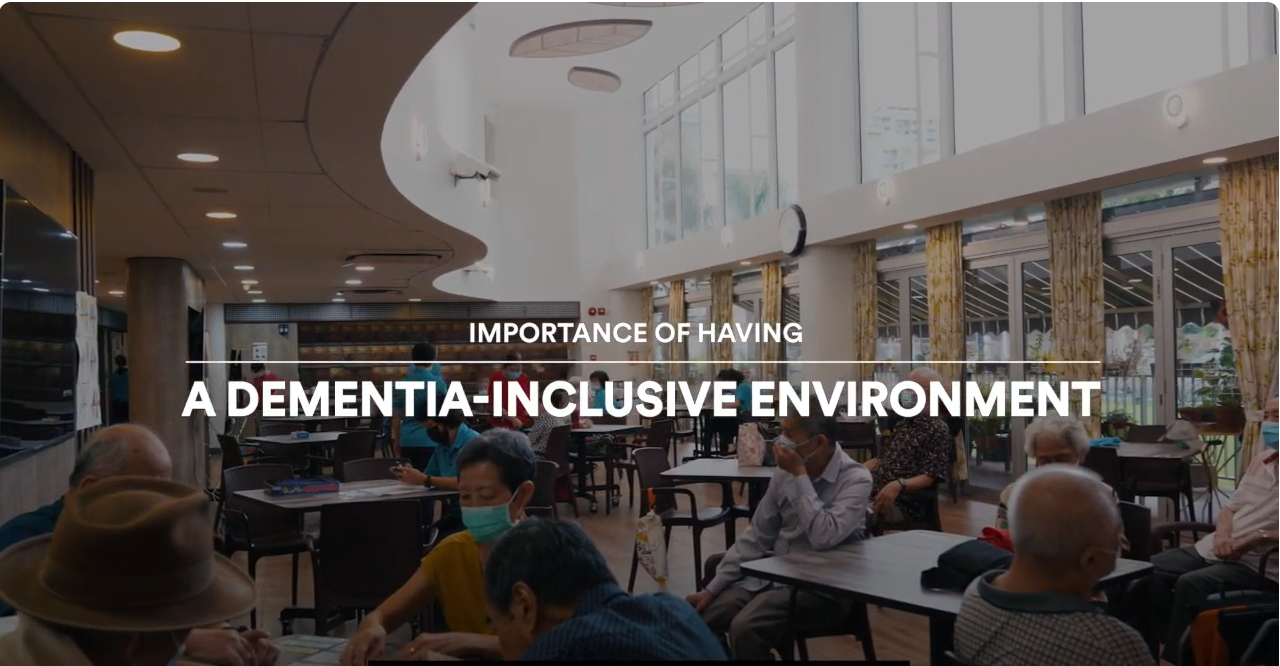
Creating environments with dementia-friendly design principles to enhance cognitive well-being.
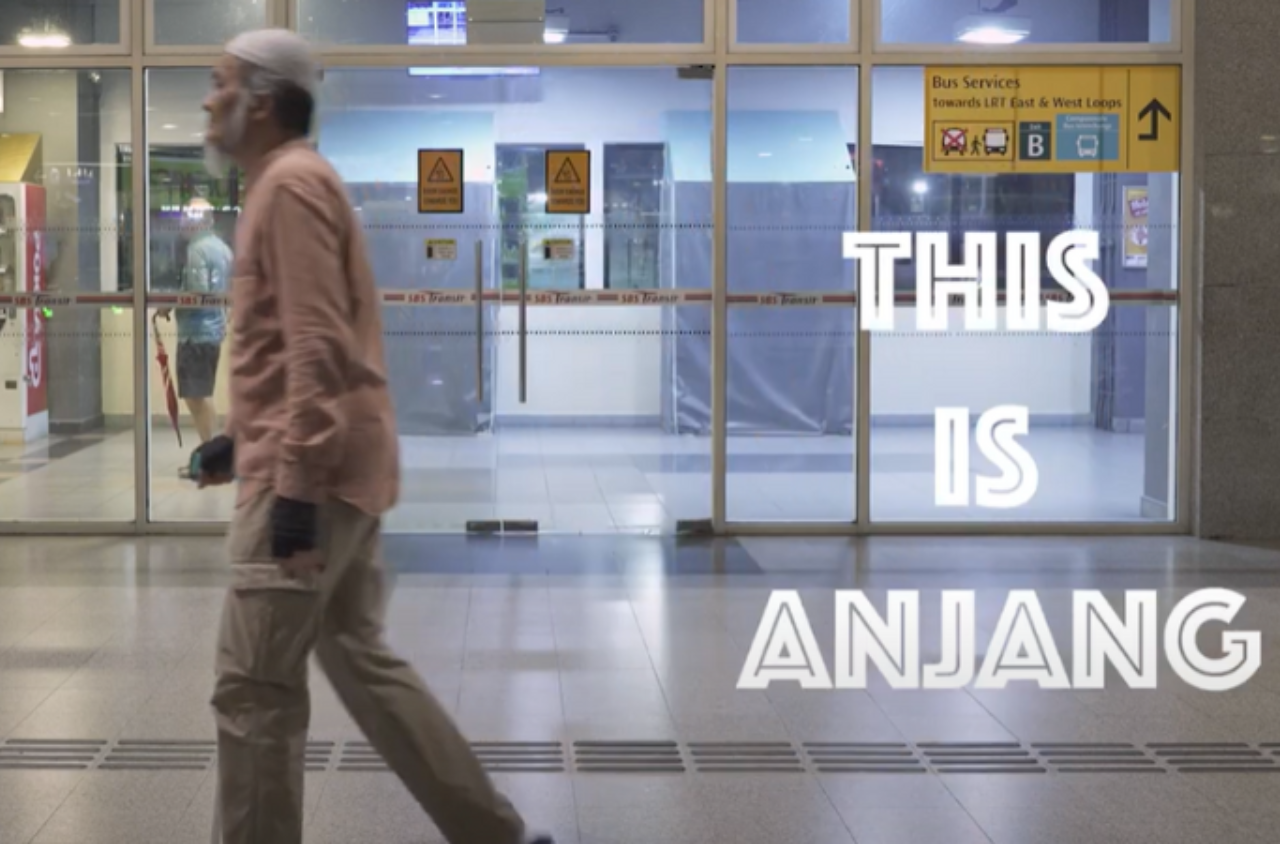
“Find Your Way” is an initiative by SBS Transit Ltd and Dementia Singapore to help persons living with dementia find their way with ease.

Be inspired to support persons living with dementia and their caregivers through this video.
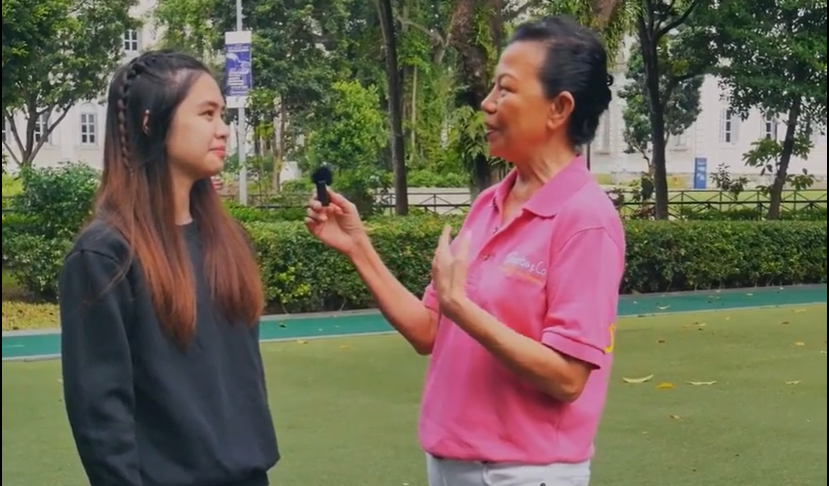
Be inspired to support persons living with dementia and their caregivers by watching this insightful video.
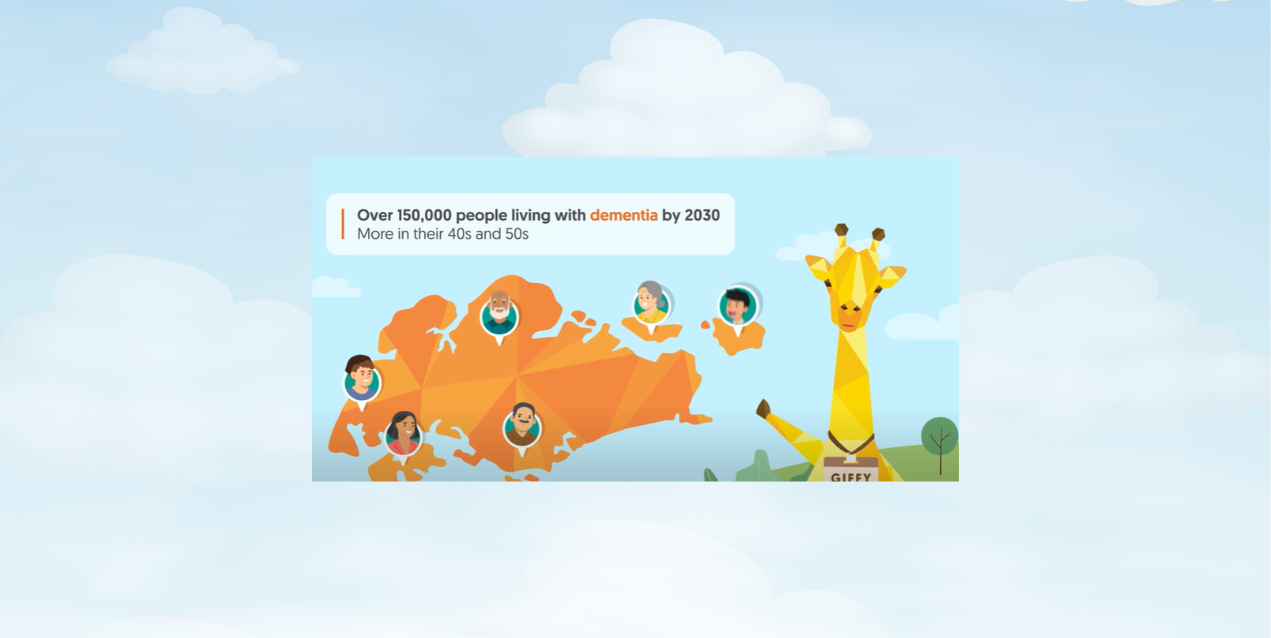
Be inspired to support persons living with dementia and their caregivers by watching this insightful video.
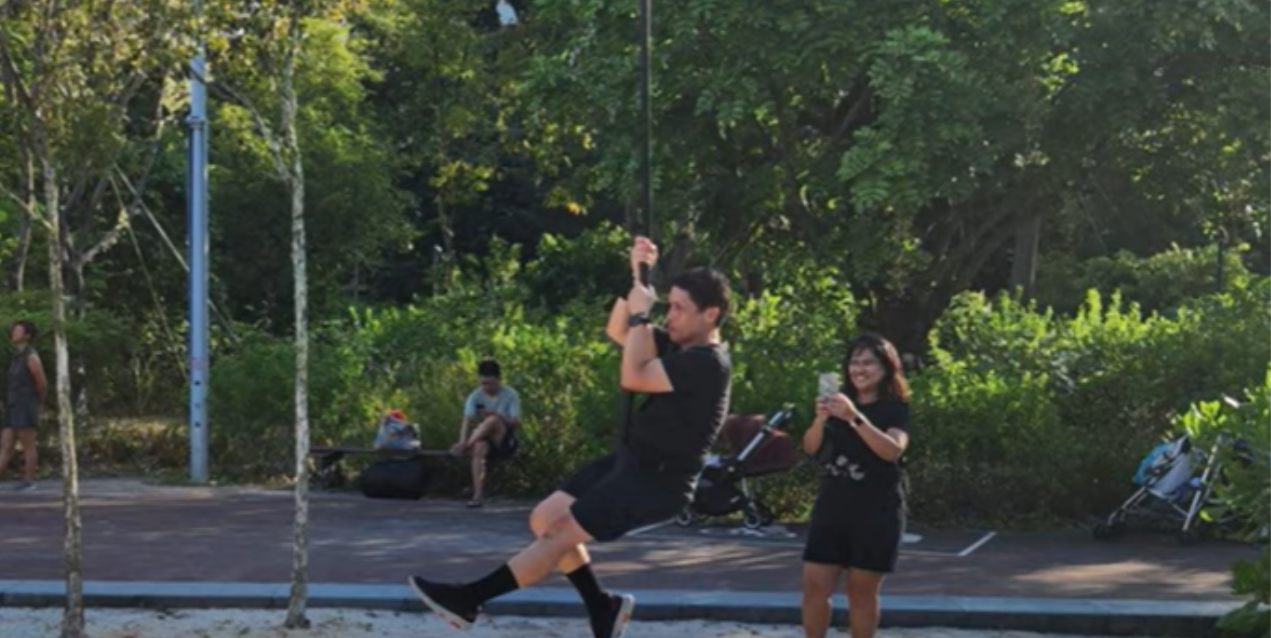 More from this series
More from this series
Learn about a rare dementia that comes into the relationship between Sally and Dan, and how it has – and hasn’t – changed their journey!
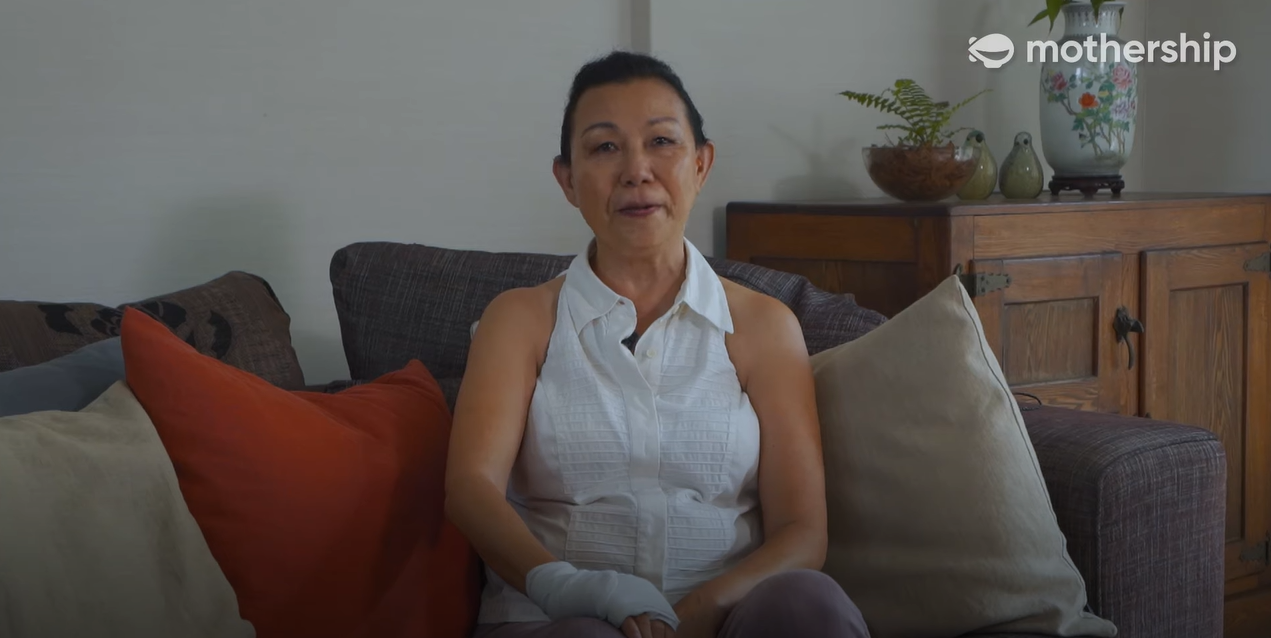
65-year-old retiree Alison has been opening up her home to strangers for the past six years to dance, sing, enjoy food, and relax. Find out why.
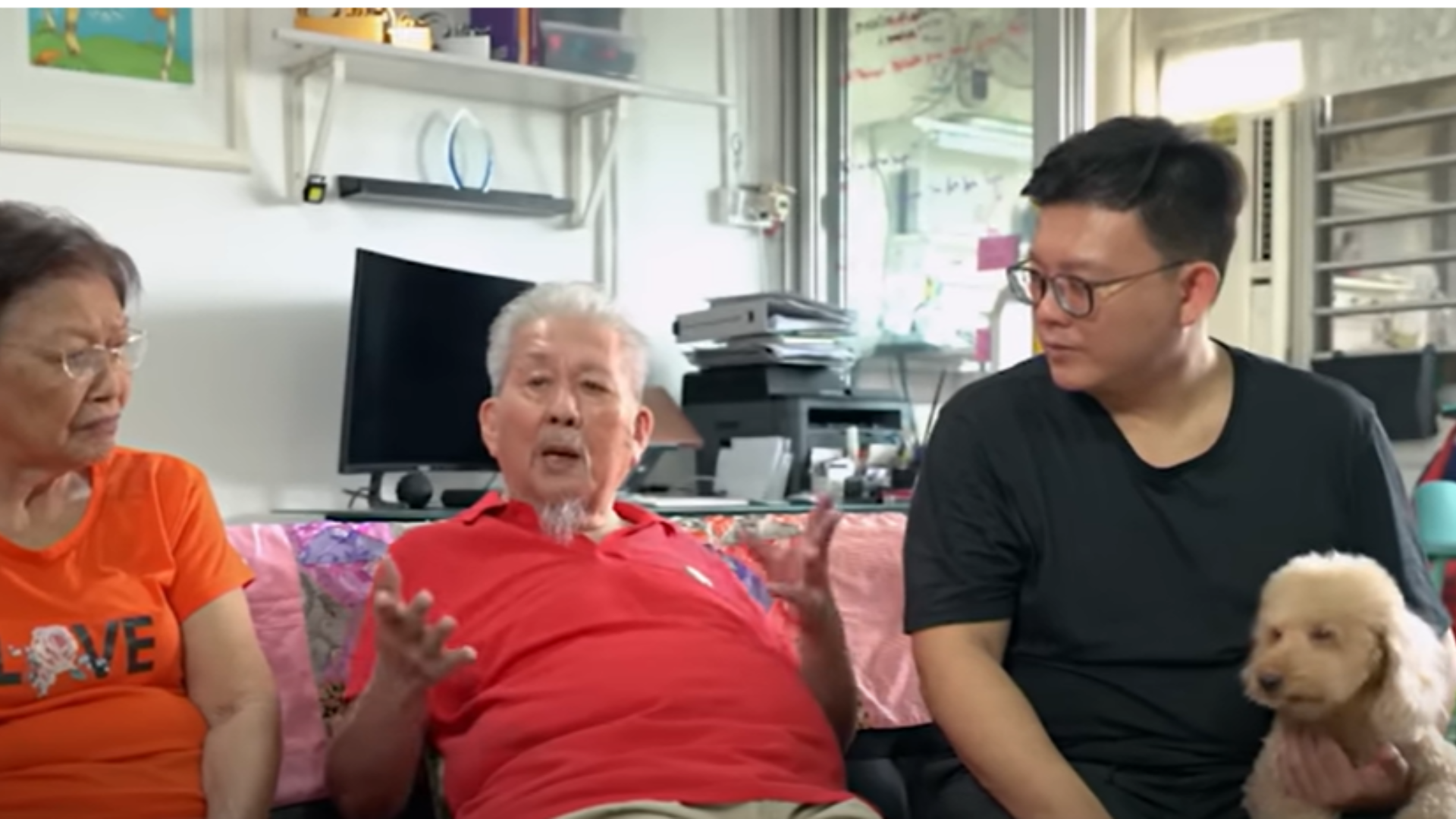
Daniel, at age 29, became a caregiver to his dad who was diagnosed with Alzheimer’s disease, and to his mum who had breast cancer.
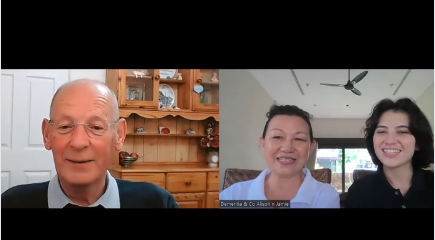 More from this series
More from this series
Diagnosed with dementia at age 58, Chris Norris shares about his early-onset dementia journey as life challenges escalate.
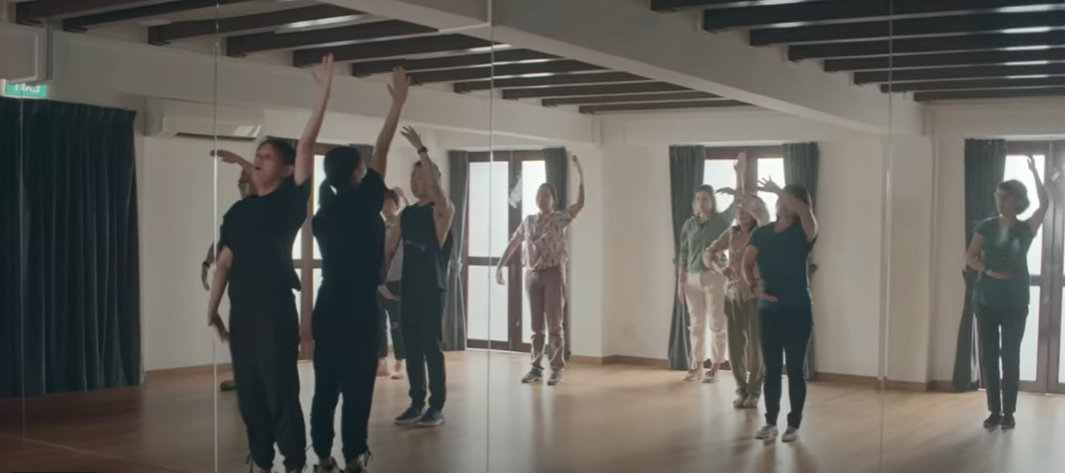
National Arts Council, Decadance Co and Dementia Singapore, use dance and movement therapy to improve the well-being of seniors with dementia.
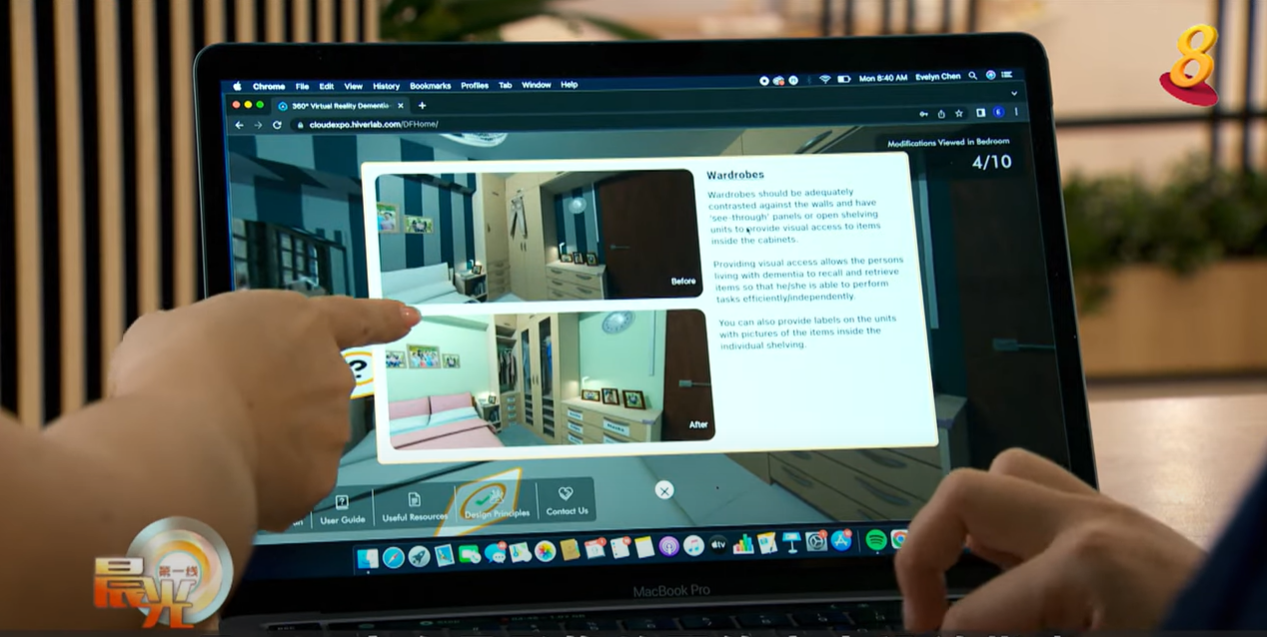
There is an increase in the number of caregivers who modify their homes just to help their loved ones living with dementia to get on with their daily activities.
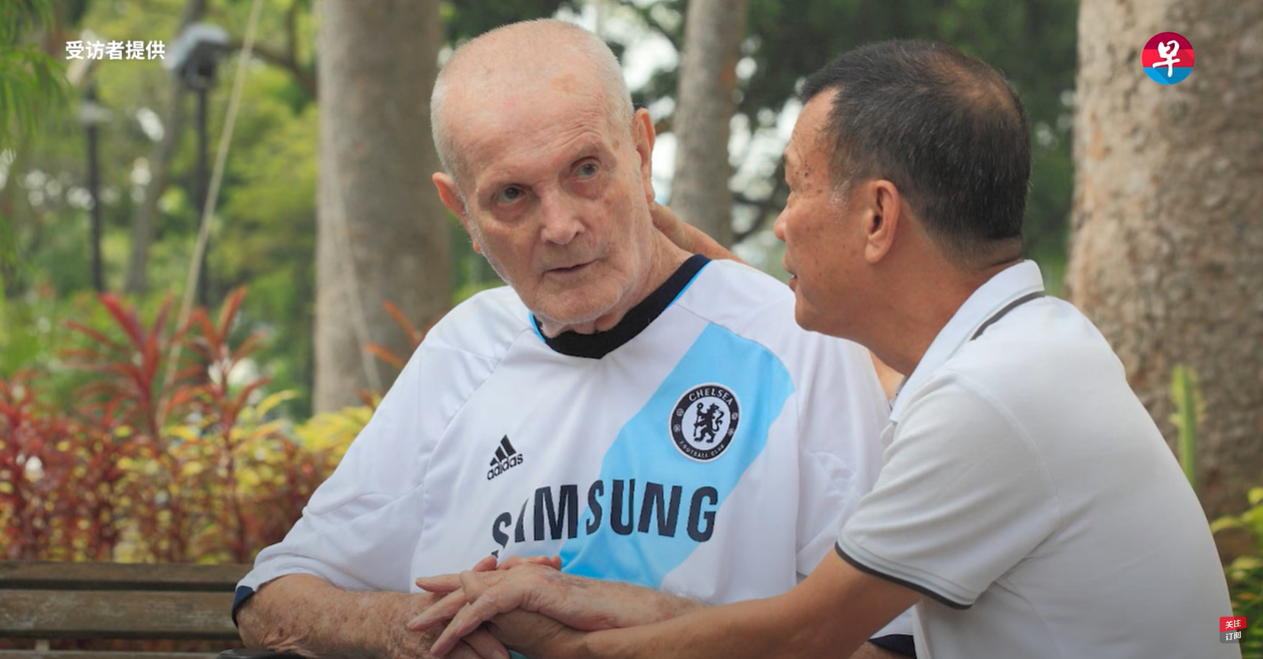
Known to him as Uncle John, Richard Ashworth was fostered 46 years ago. Richard has been taking care of Uncle John who was diagnosed with colorectal cancer 22 years ago, and was diagnosed with dementia 10 years later.
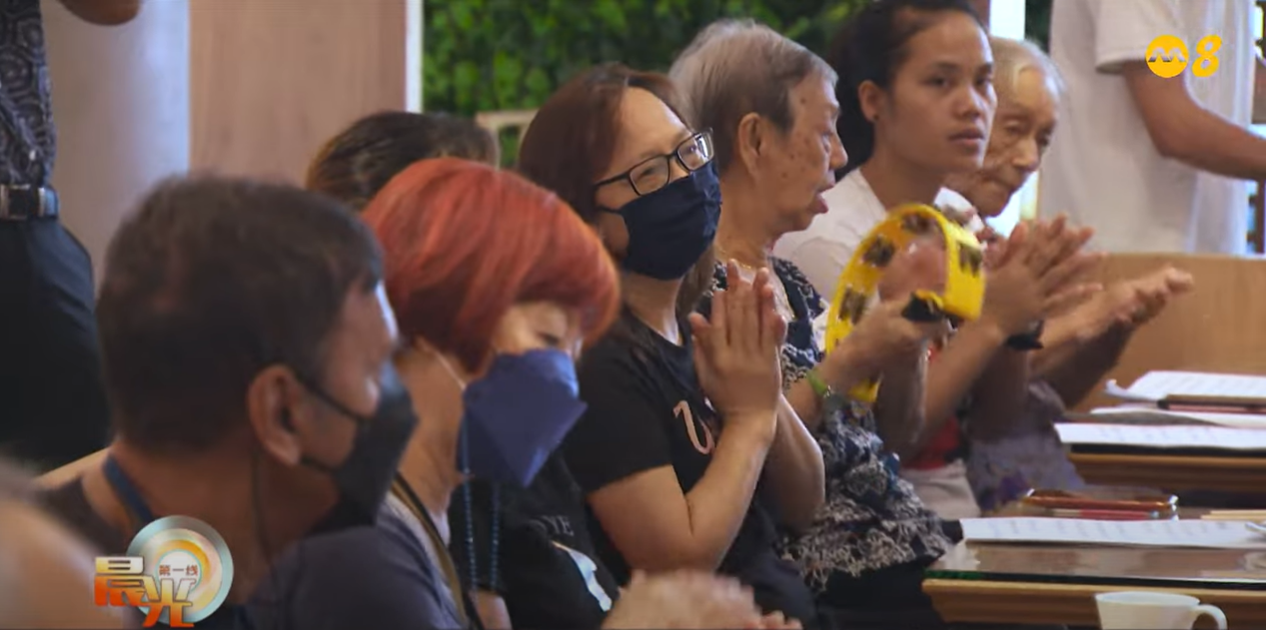
Restaurants and cafes are in long-term collaboration with Dementia Singapore to help ease persons living with dementia into the society.

Ex-Singapore Armed Forces officer Peter Estrop was diagnosed with Alzheimer’s disease, at 61. He experiences cognitive decline which affects his memory, whilst keeping up the fight.
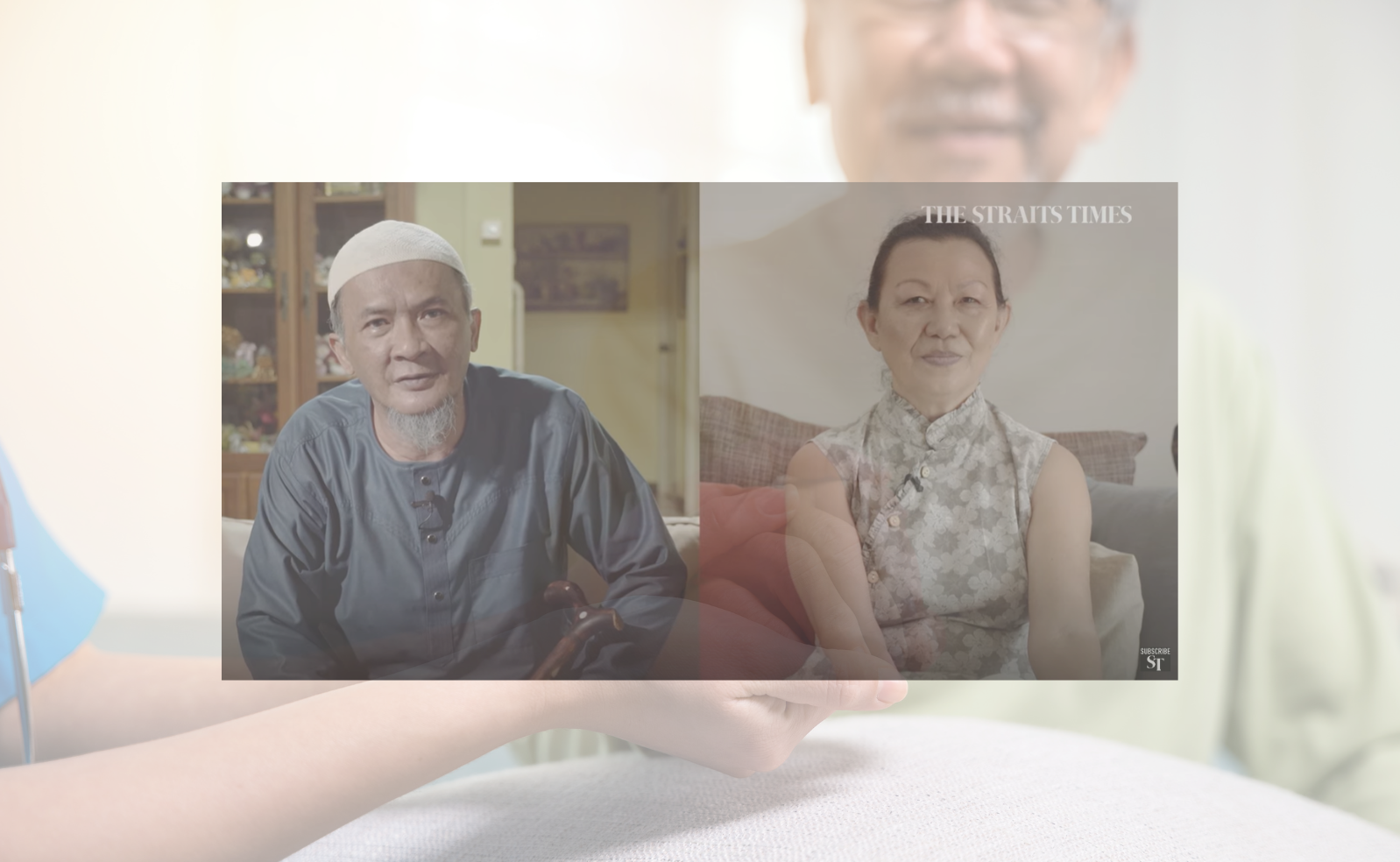
Alison Lim and Anjang Rosli were both diagnosed with dementia. Individually, they have gone on to help de-stigmatise dementia through advocacy and supporting persons with dementia and caregivers.
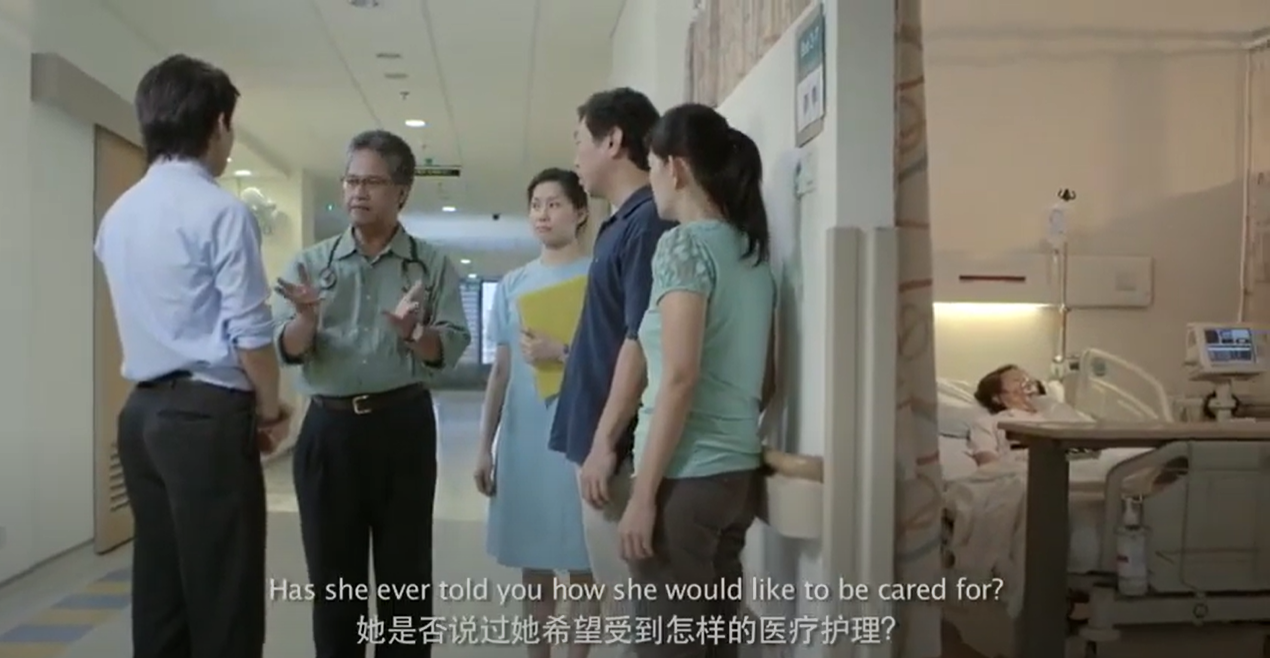
Advance Care Planning (ACP) is a national programme that aims to empower Singaporeans to choose how they would like to be cared for. Find out more about ACP in this video.
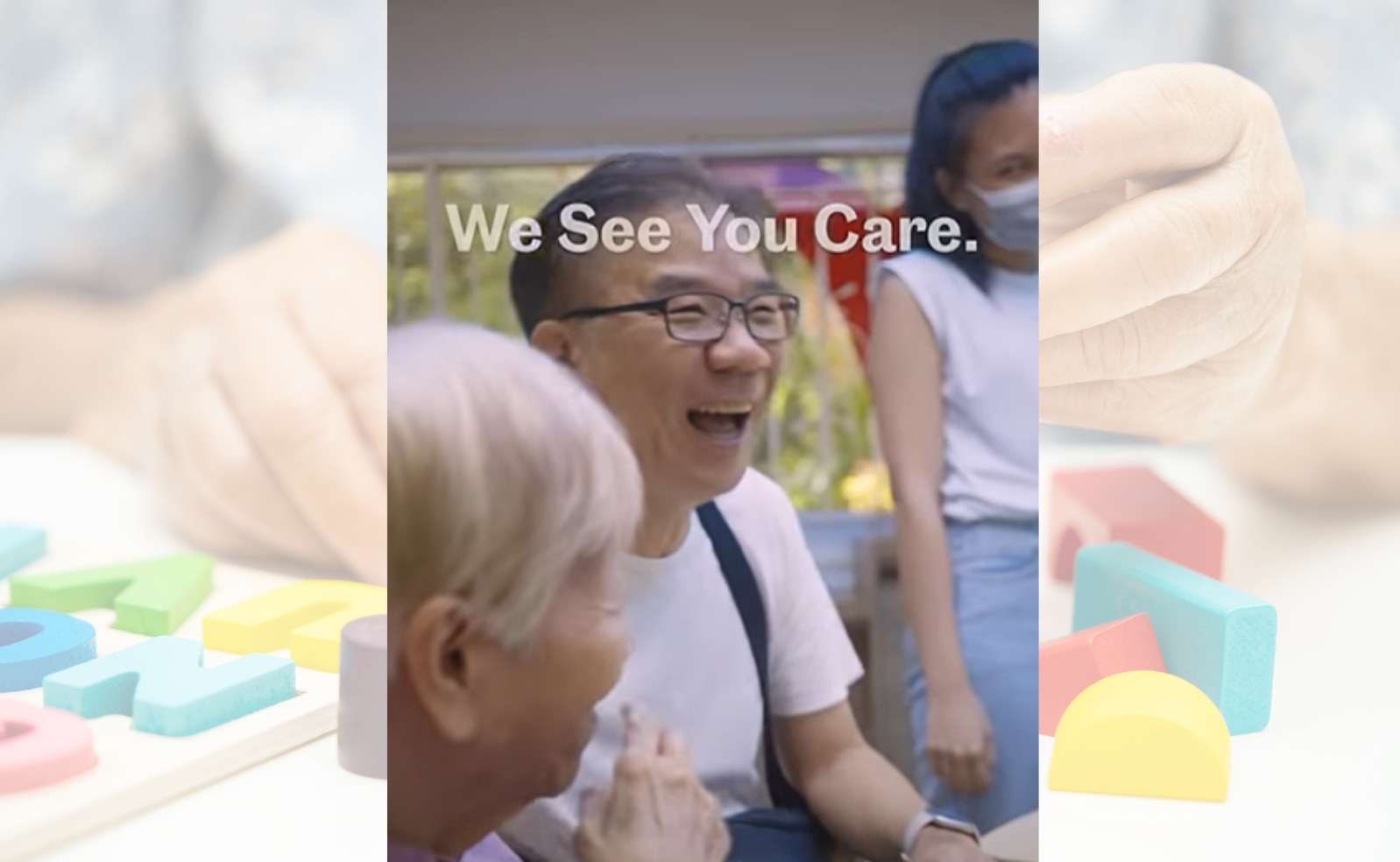
Hear from Alan as he shares how he sought help from a day care centre to care for his 84 year-old mother who is living with dementia.
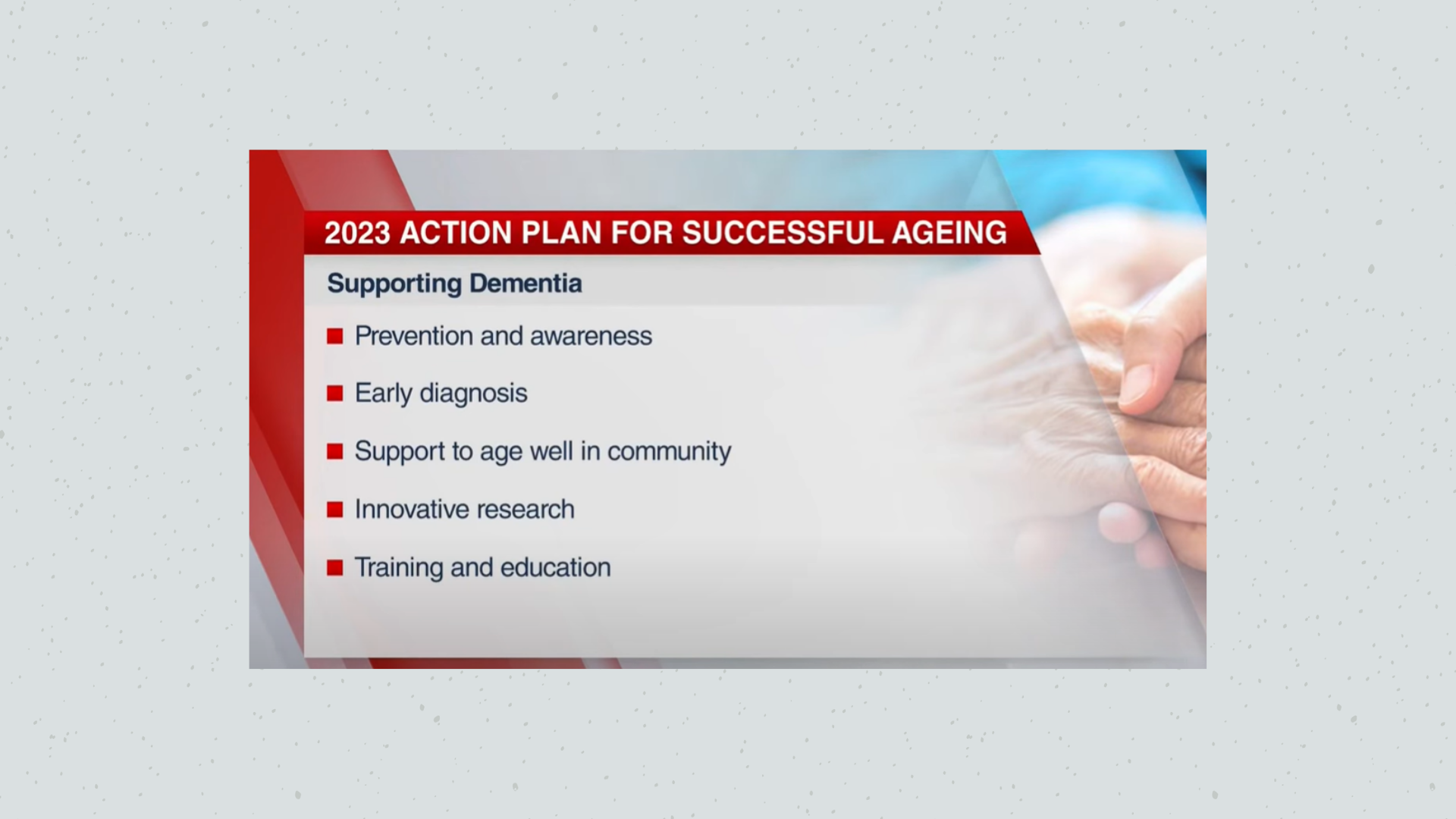
The ministry of health seeks to improve dementia care by increasing prevention and awareness, as well as early diagnosis. CNA reports.

Learn to spot signs and symptoms of a person with dementia. This video is an all-in-one guide that you need to understand dementia.

Learn how Asian dementia differs from the west, how murals on flats can help, and how a new therapy tool designed to jog the memory of elderlies helps.
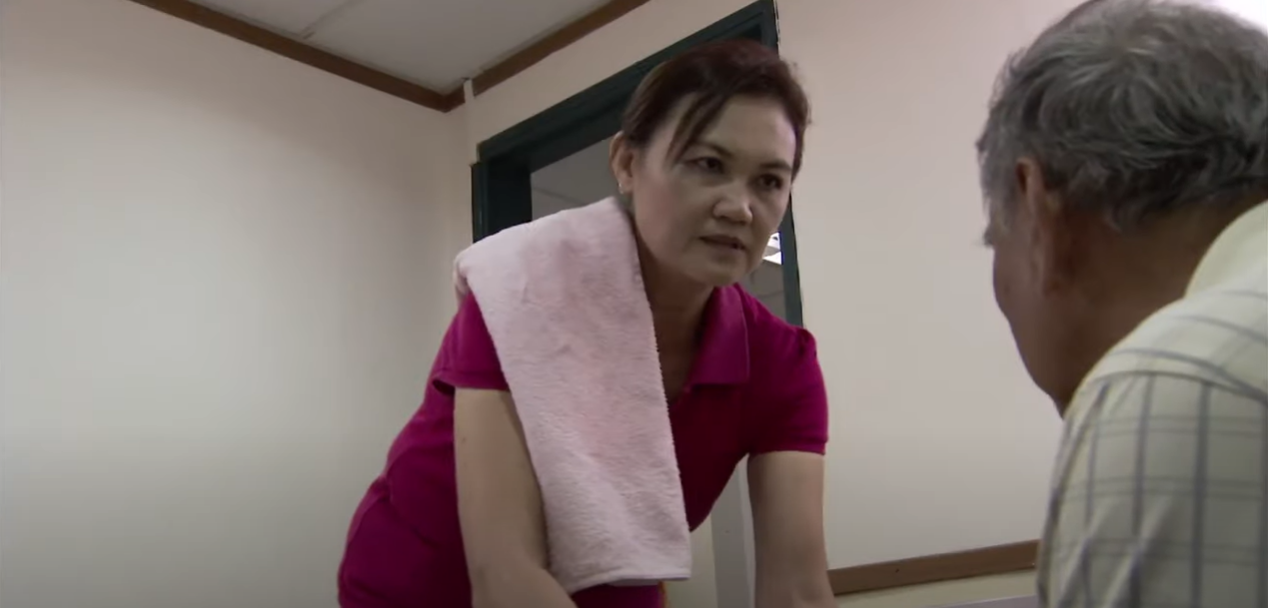
What are the do’s and don’t’s of caring for someone living with dementia? Here are some practical and useful pointers.
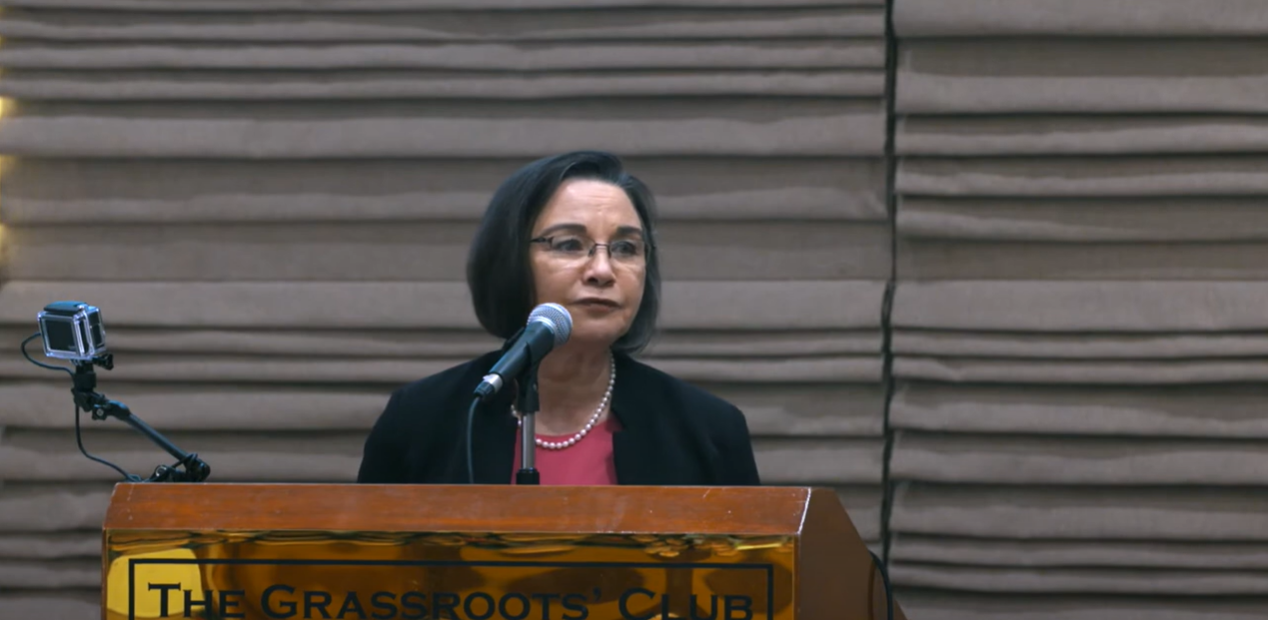 More from this series
More from this series
Kate was shocked when she was diagnosed with Young-onset Dementia at age 49. Almost a decade later, she broke grounds by becoming the first person with dementia to give a keynote speech at the United Nations World Health Organisation.
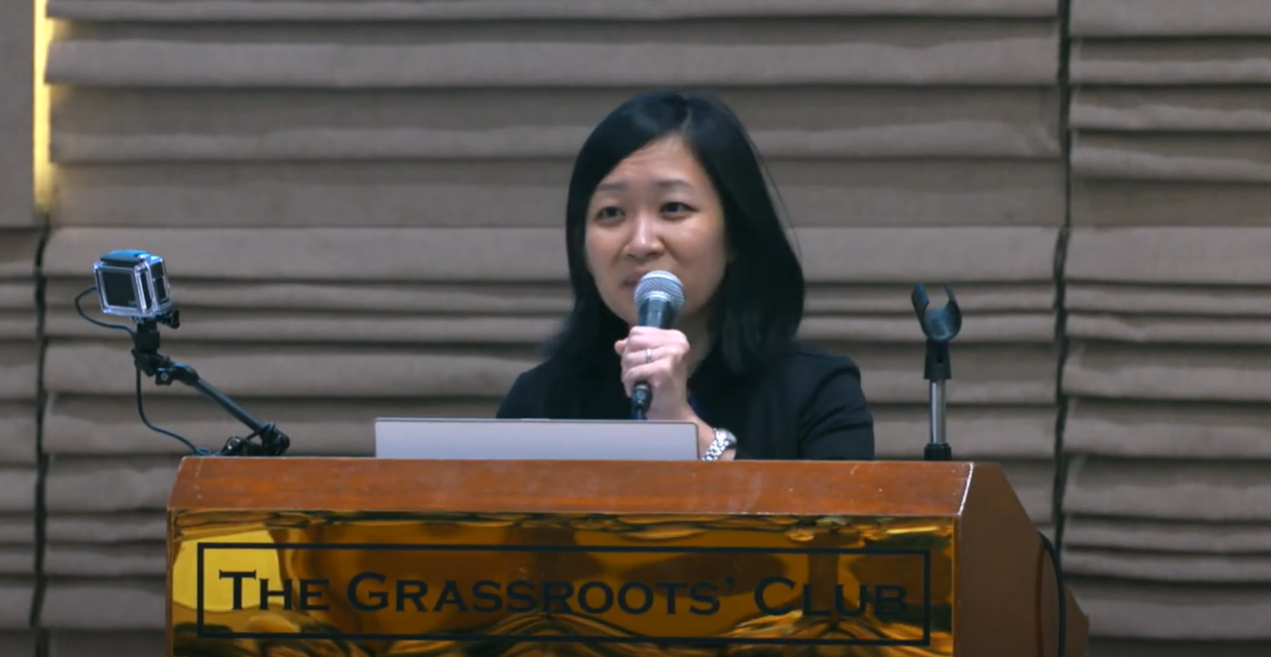 More from this series
More from this series
Dr Chen Shiling, Resident Physician in the Geriatrics Department at Khoo Teck Puat, shares about challenges those with Young Onset Dementia face, and how we can better support them.
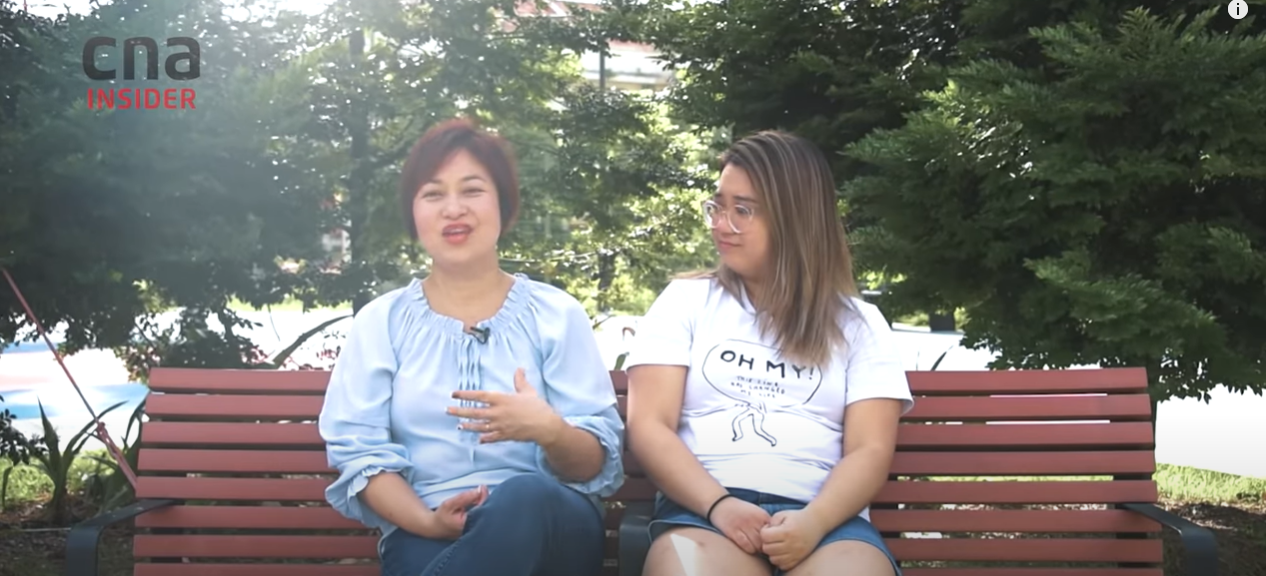
At first, Bethany’s grandpa dementia symptoms included forgetfulness and confusion. But when wandering and getting lost began, fear set in.
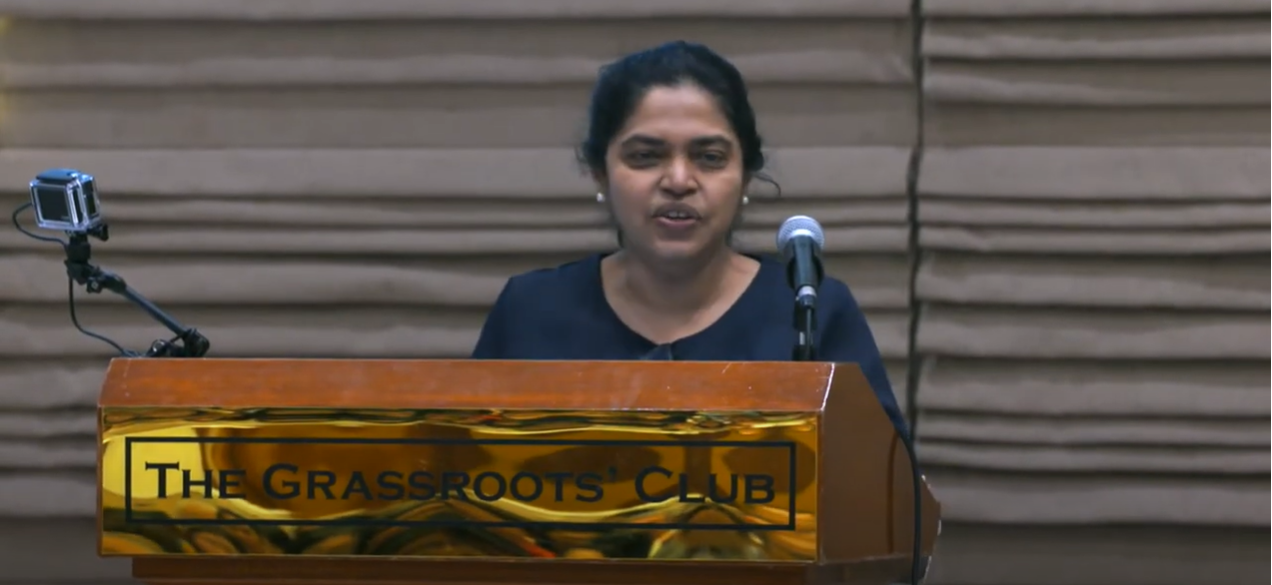 More from this series
More from this series
Ms Eveline Silva, Senior Psychologist at the National Neuroscience Institute, shares about the challenges faced by those with Young-onset Dementia.
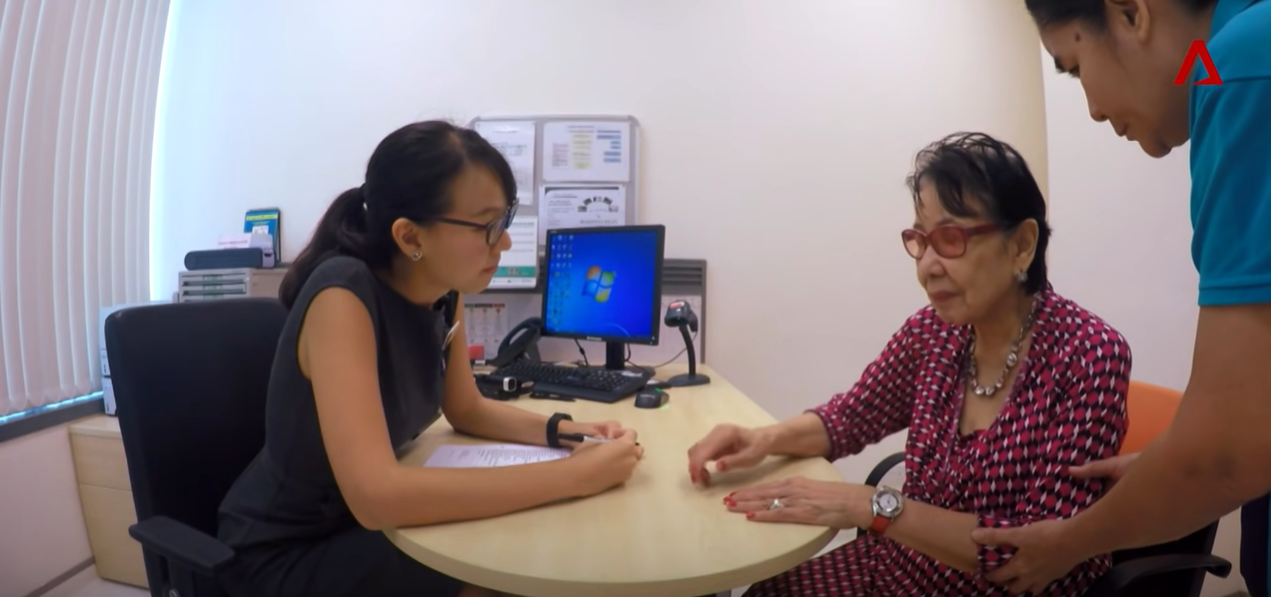
What happens when a parent gets dementia? Galen Yeo documents the drastic changes in his mother over the years.
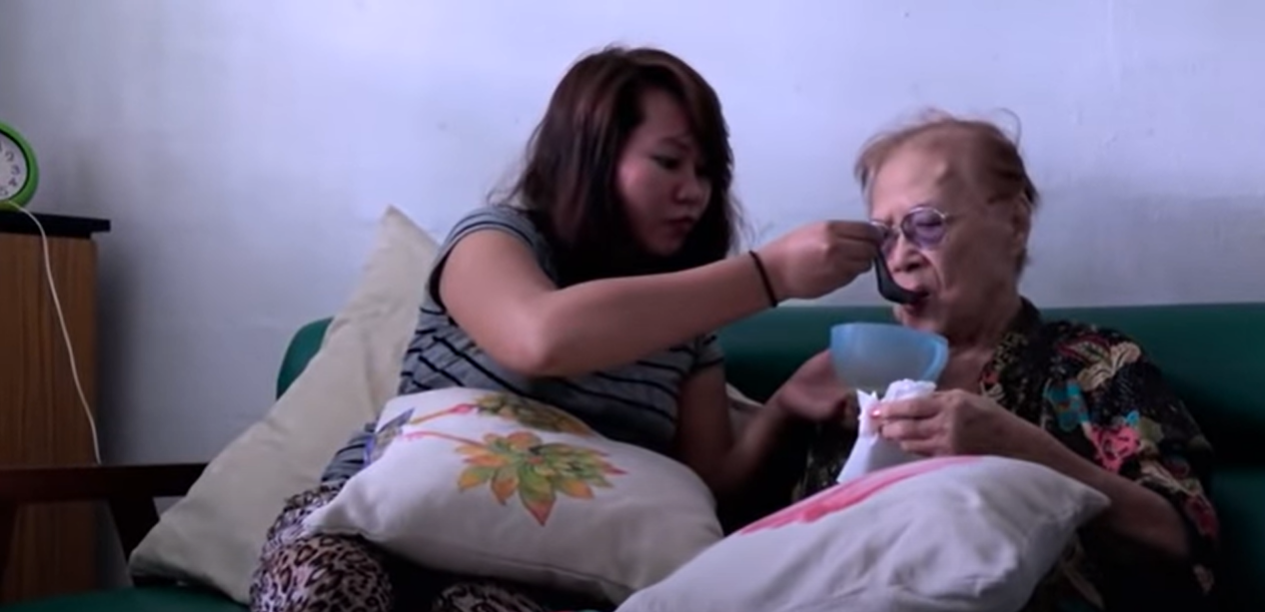 More from this series
More from this series
The number of people at risk of dementia is projected to rise dramatically in Singapore. CNA looks at Singapore’s unique landscape and steps needed to build a more dementia-friendly society.
 More from this series
More from this series
In this episode, CNA meets professionals from two different camps: Scientists who try to prevent Alzheimer’s disease, and those who believe that social therapy is a better approach to manage people living with dementia.
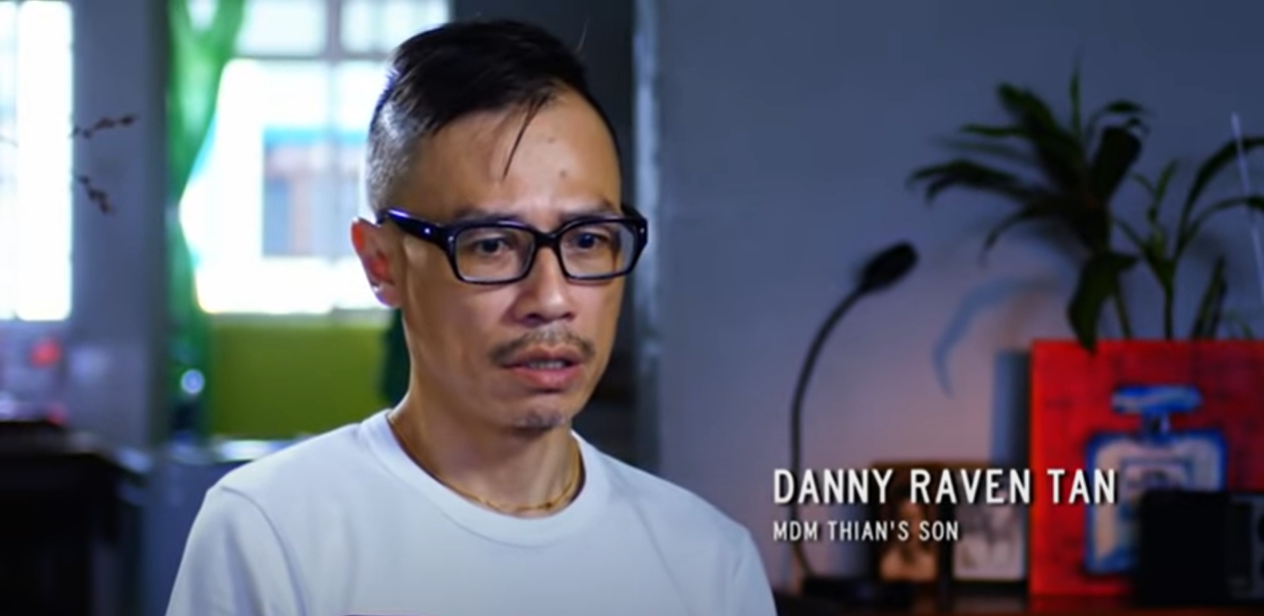 More from this series
More from this series
Caring for people with dementia can be daunting. In this final episode, CNA meets caregivers from different backgrounds and find out how dementia has changed their lives.
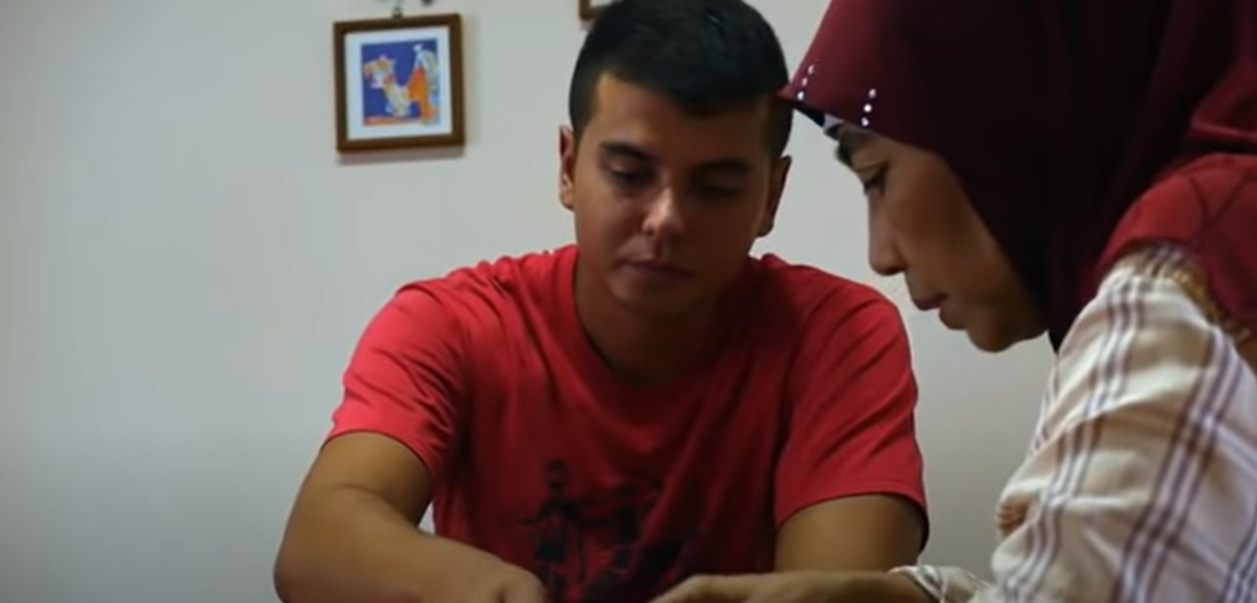 More from this series
More from this series
More people under 60 are being diagnosed with early-onset dementia. CNA looks at how they face specific challenges in their daily lives in this episode.
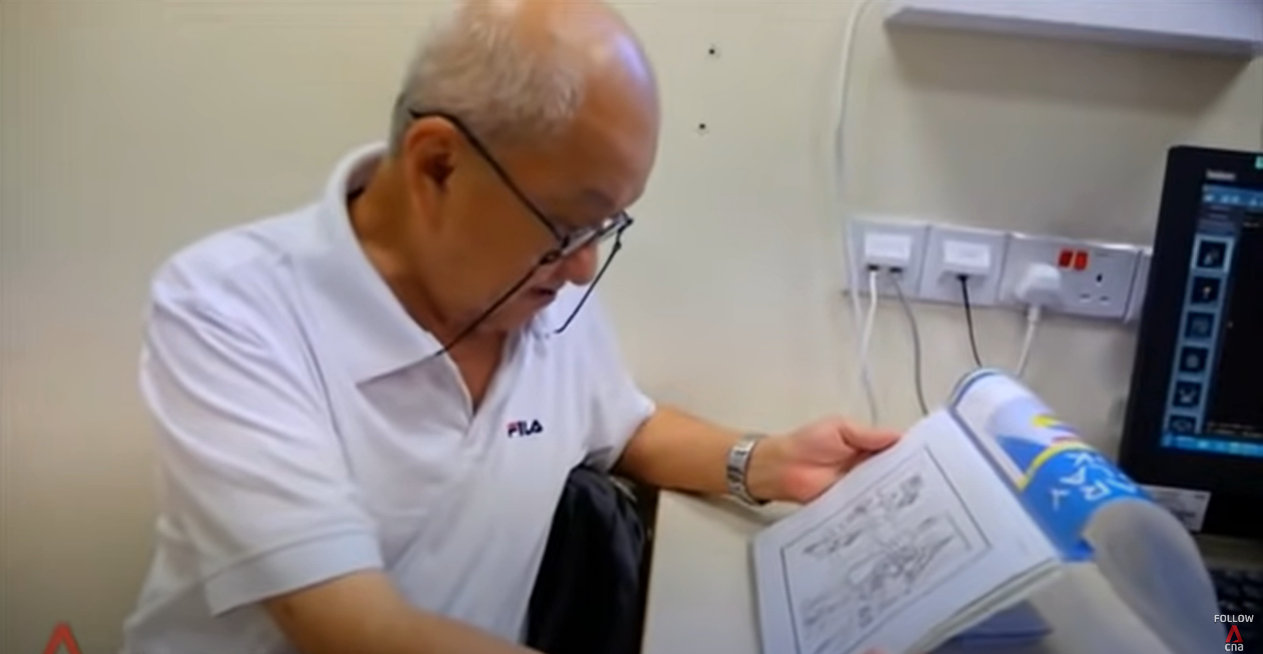 More from this series
More from this series
CNA meets people who suspect their minds are not working as well as they should be. Is this a tell-tale sign of dementia? Let us find out.
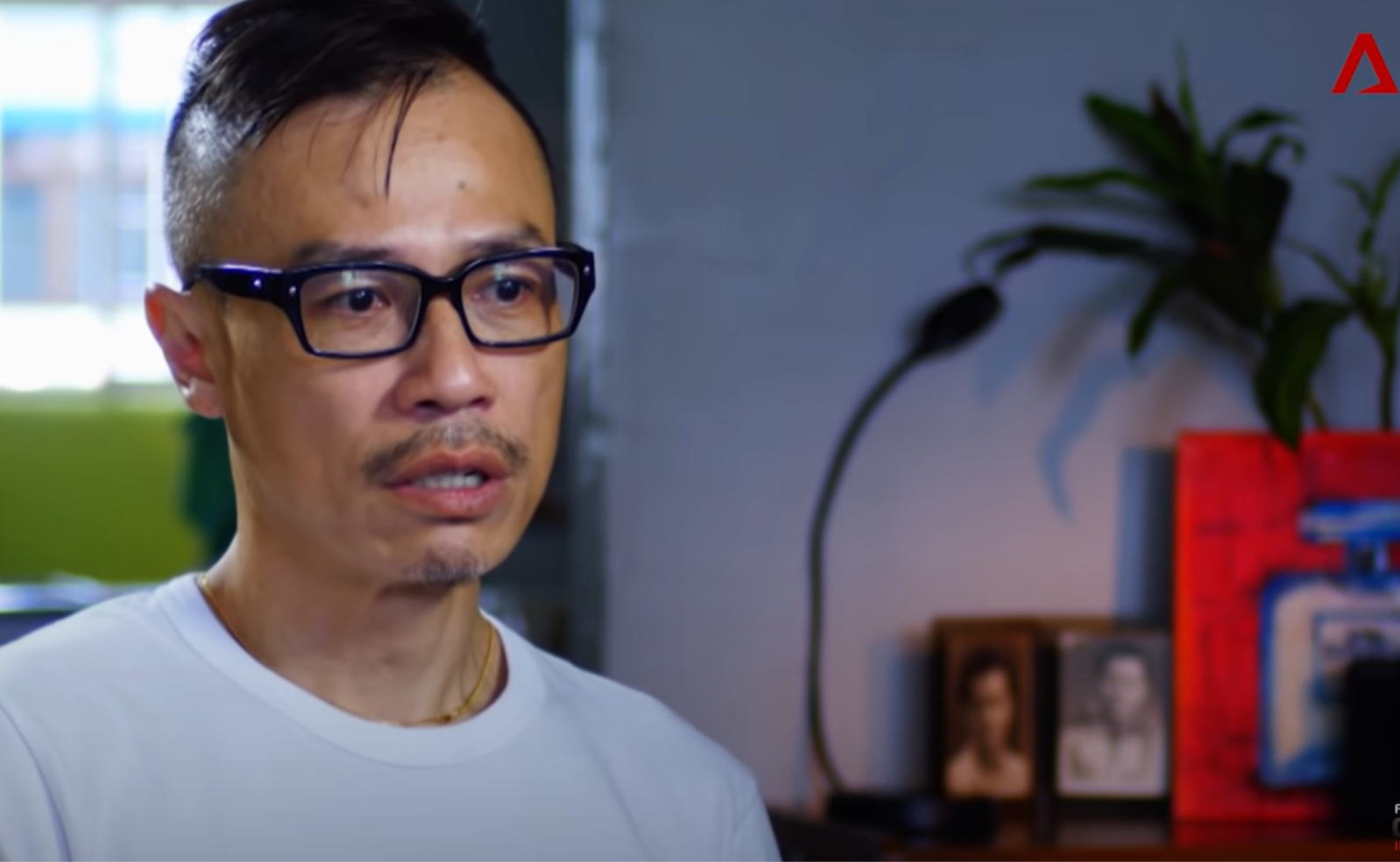
Artist Danny Raven Tan talks about the emotional and psychological challenges of caring for someone with dementia.
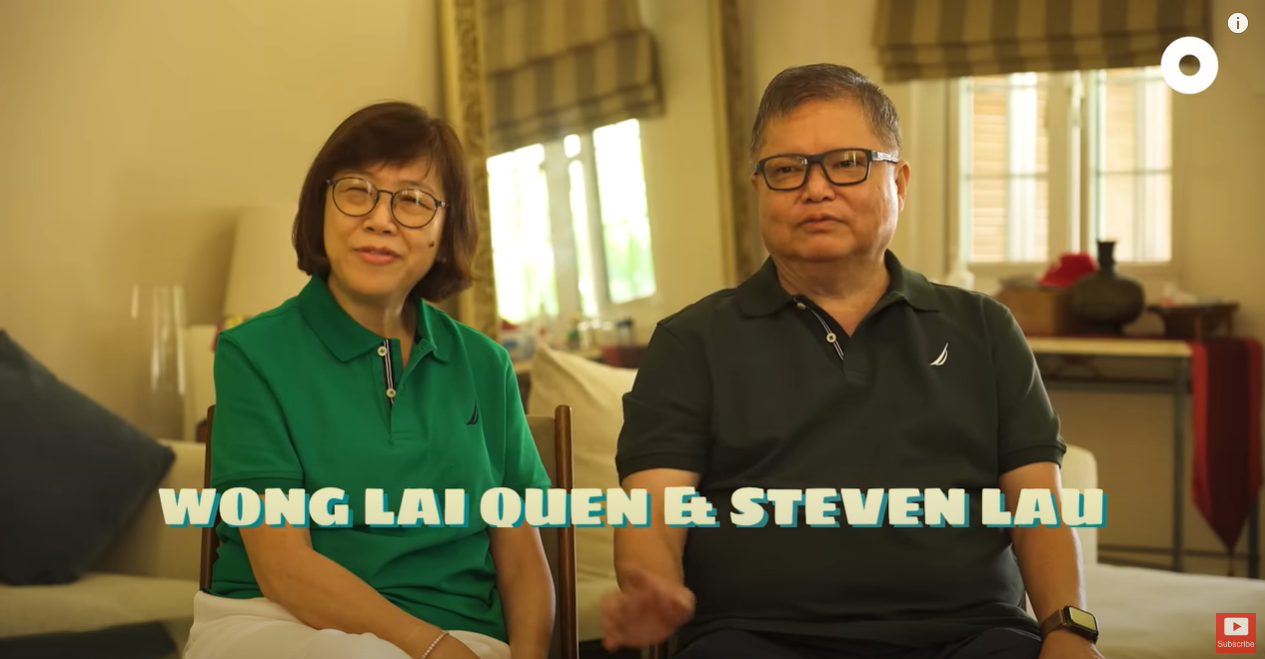
When Lai Quen’s husband was diagnosed with early-onset dementia, the journey has been fraught with difficulties, frustration, and tears; whilst keeping their love alive.
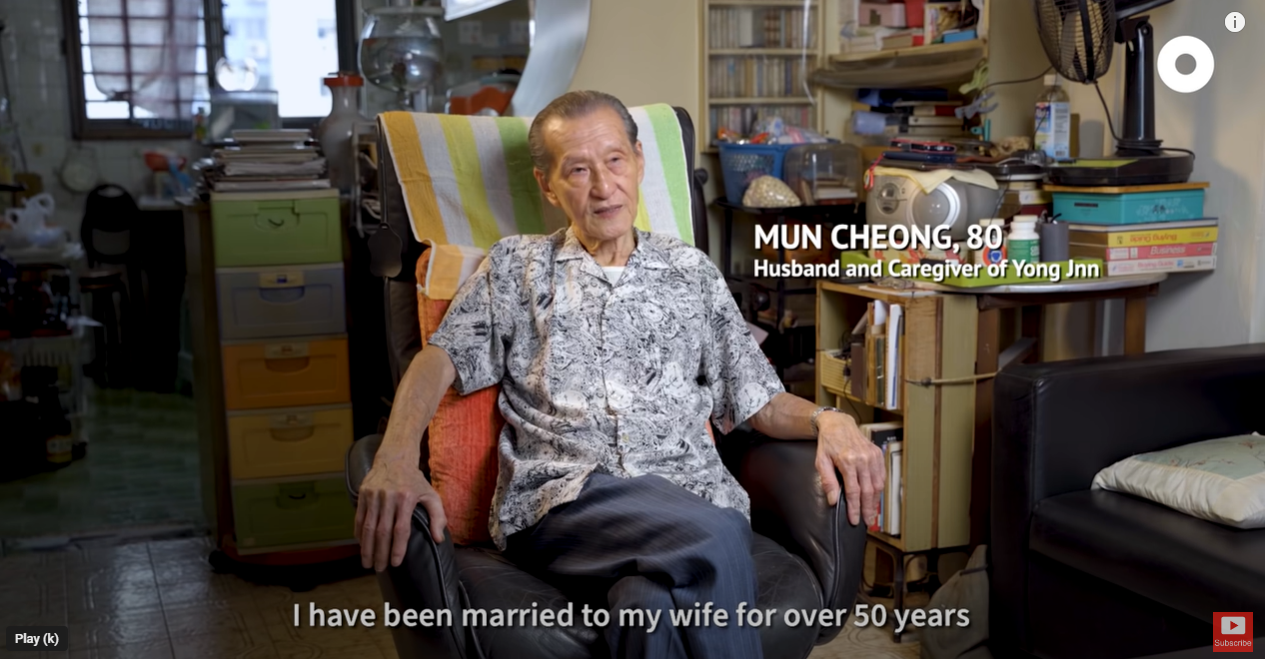
George and his wife of 52 years were diagnosed with dementia, he had to make the tough decision to stop work to look after the love of his life.
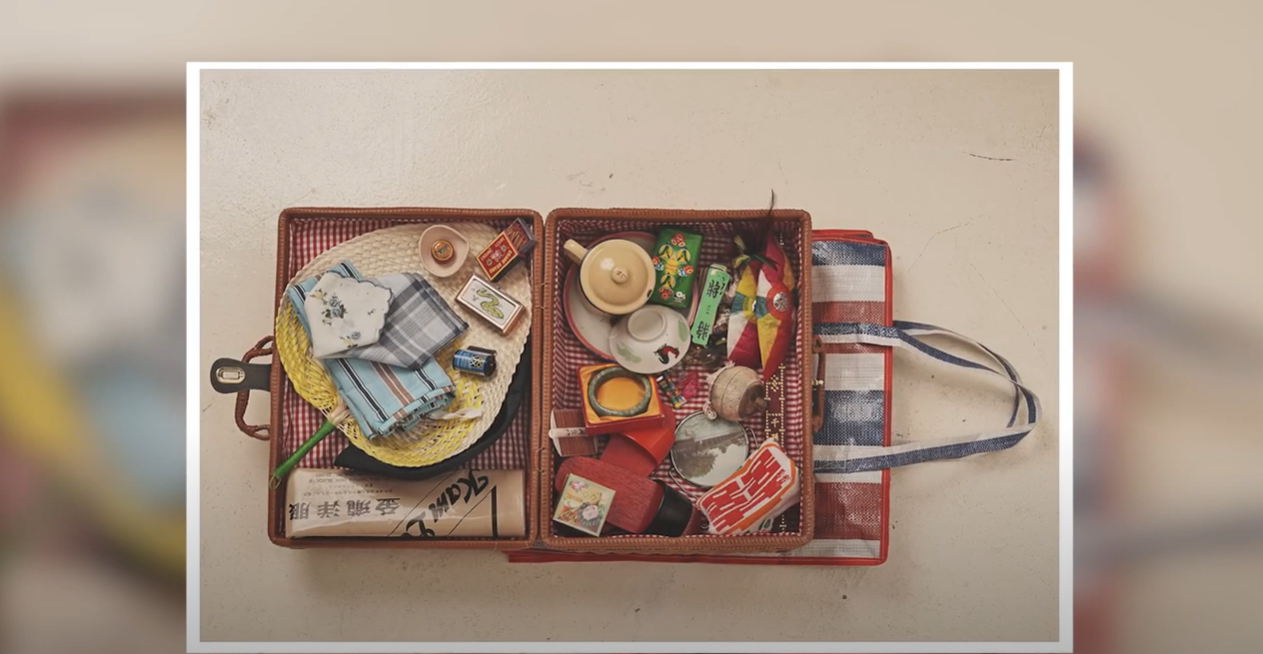
Find out how the JADe programme can help conduct effective reminiscence activities for persons with dementia.
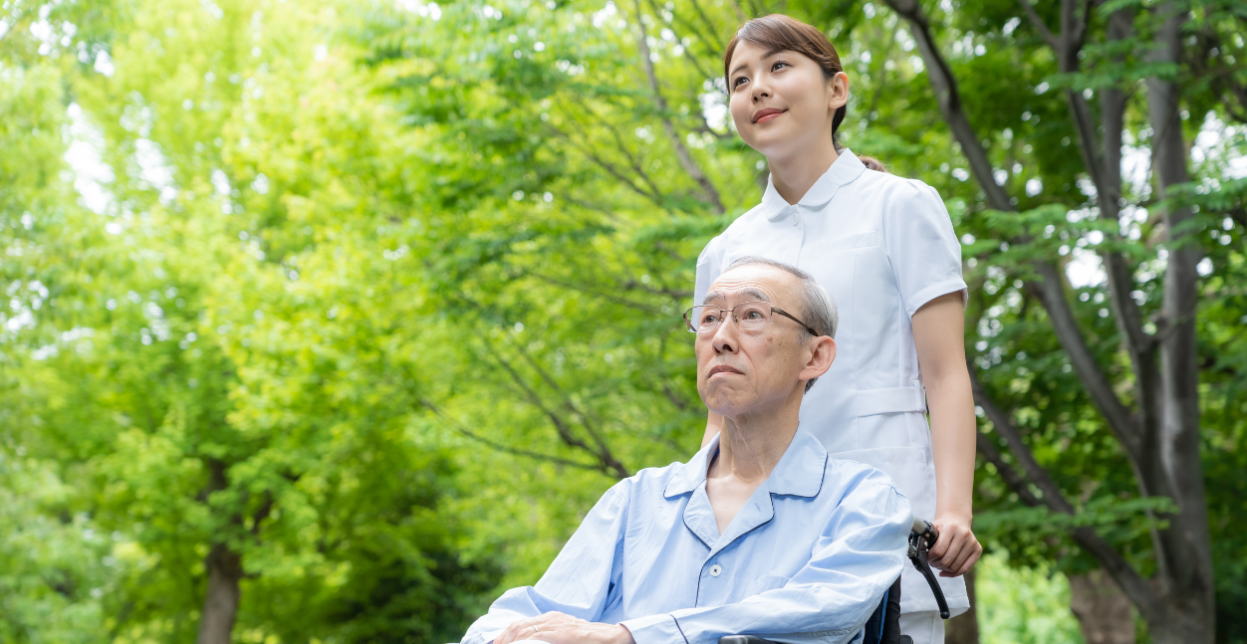
As Singapore’s population ages, there is a worrying increase of people under 65 years of age being diagnosed with dementia. CNA reports.
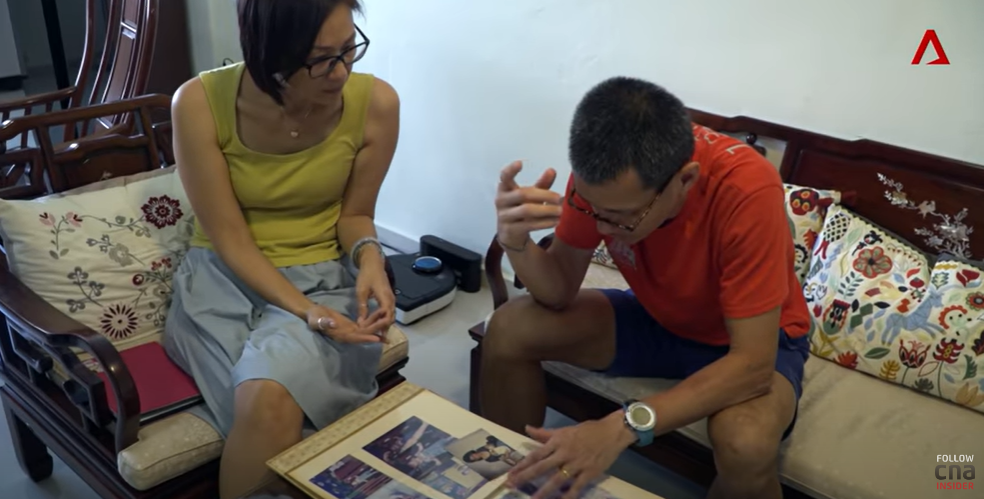 More from this series
More from this series
At only 46, George found out that he had dementia. As his memory recedes, he does all he can to battle the illness with his wife’s support.
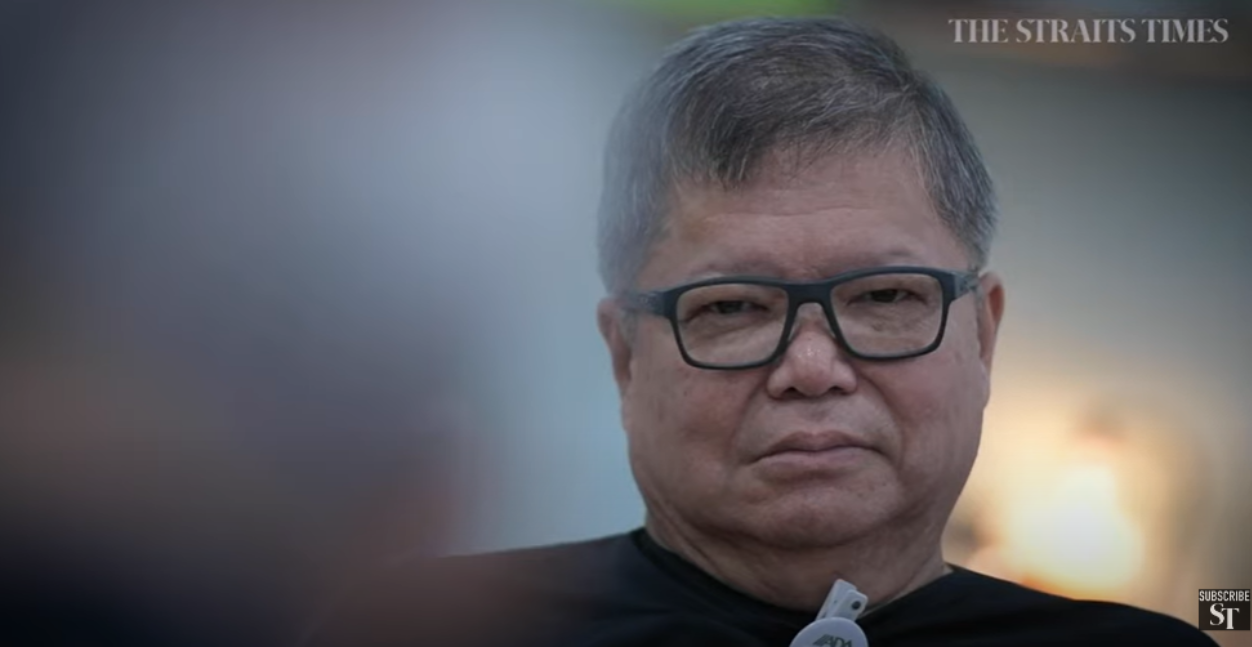 More from this series
More from this series
Diagnosed with dementia at 58, Steven never gives up the fight, and he certainly won’t let dementia be a third party in his marriage.
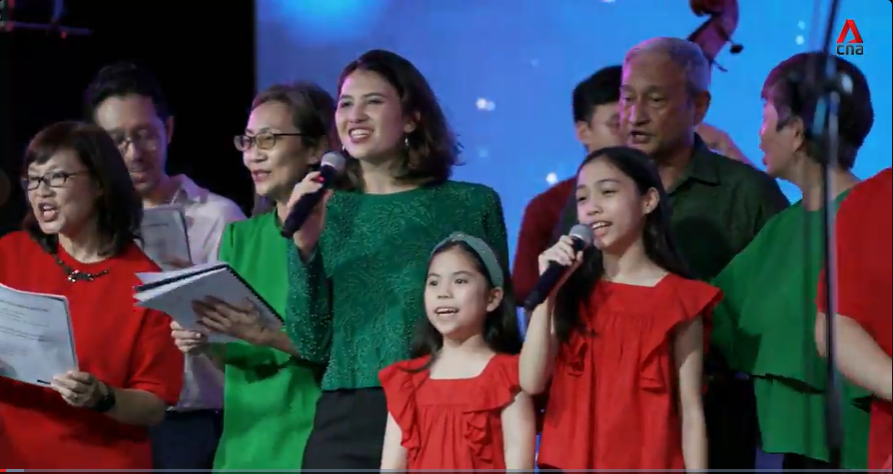 More from this series
More from this series
As Christmas drew near, one of the members living with dementia went misssing. Would the choir make it in time for their performance?
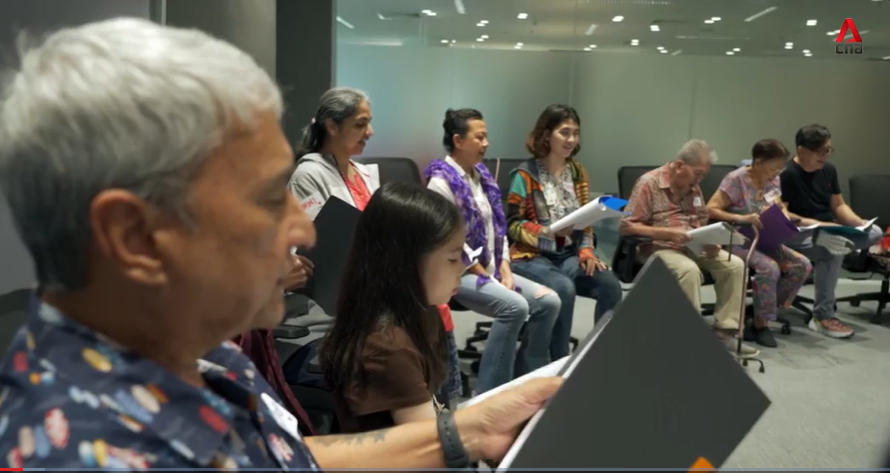 More from this series
More from this series
Inspired by the power of music on the brain, Jason forms a choir made up of persons living with dementia and their loved ones.
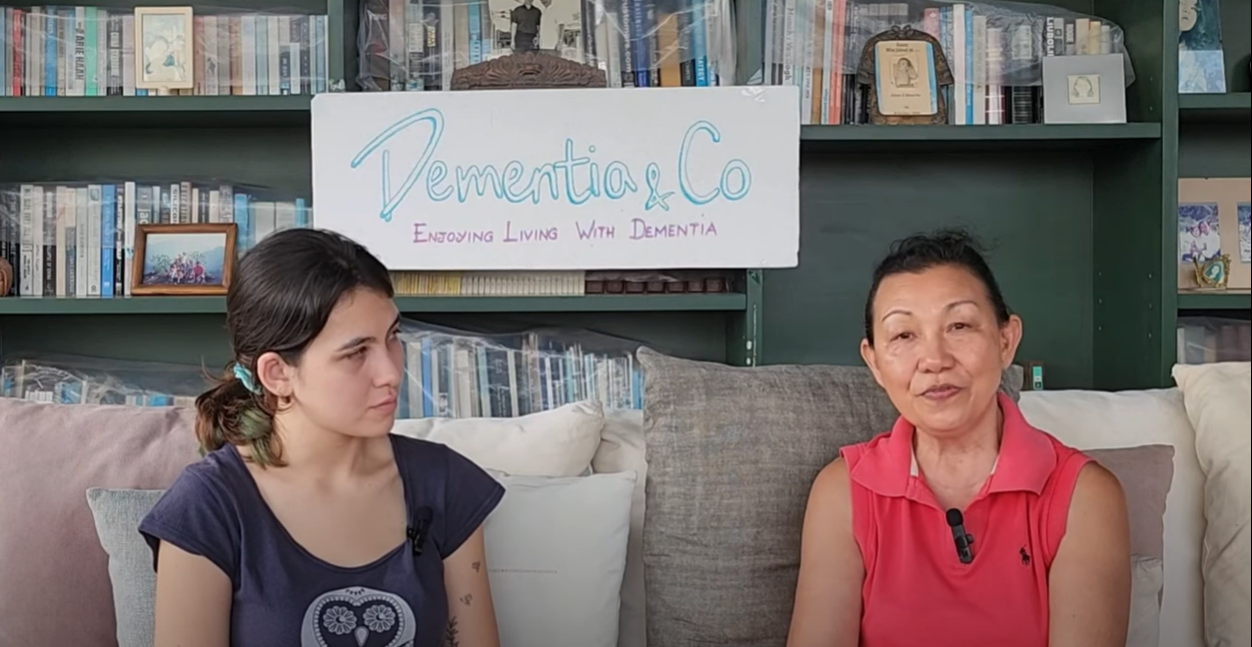 More from this series
More from this series
Watch how Alison, who lives with dementia, handles word retrieval and adopts creative ways to live with dementia with a tinge of humour.
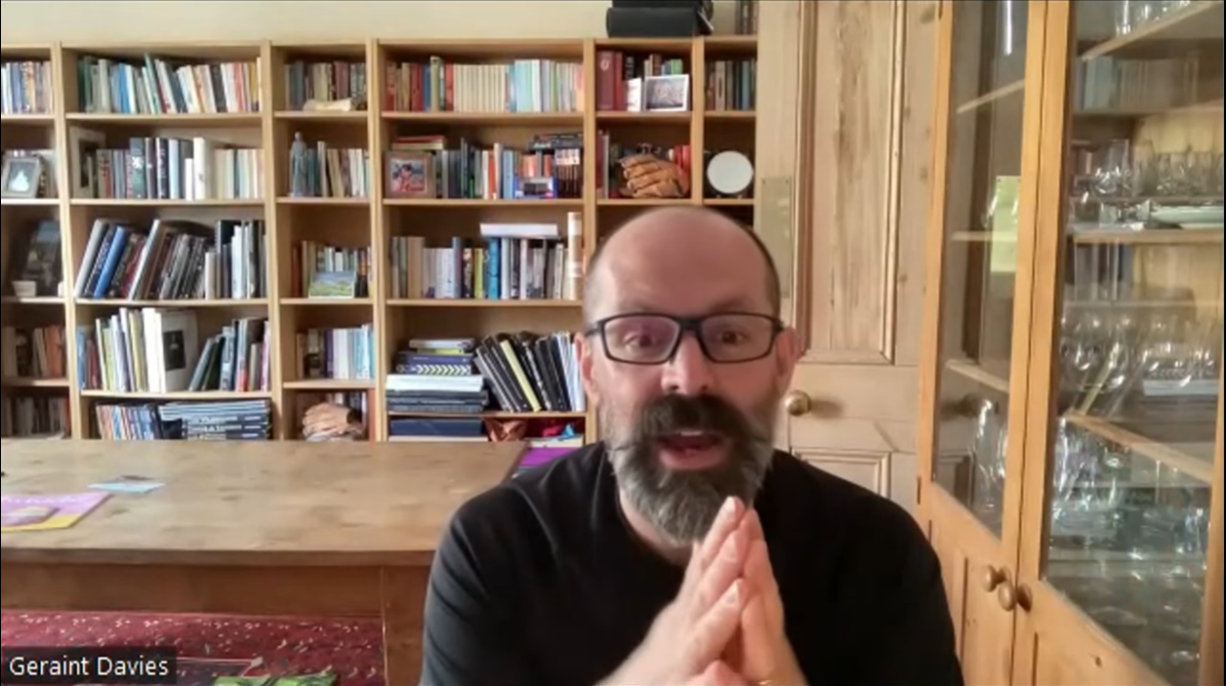 More from this series
More from this series
Geraint shares his journey with young-onset dementia – from when he first discovered behavioural changes to when he was diagnosed.
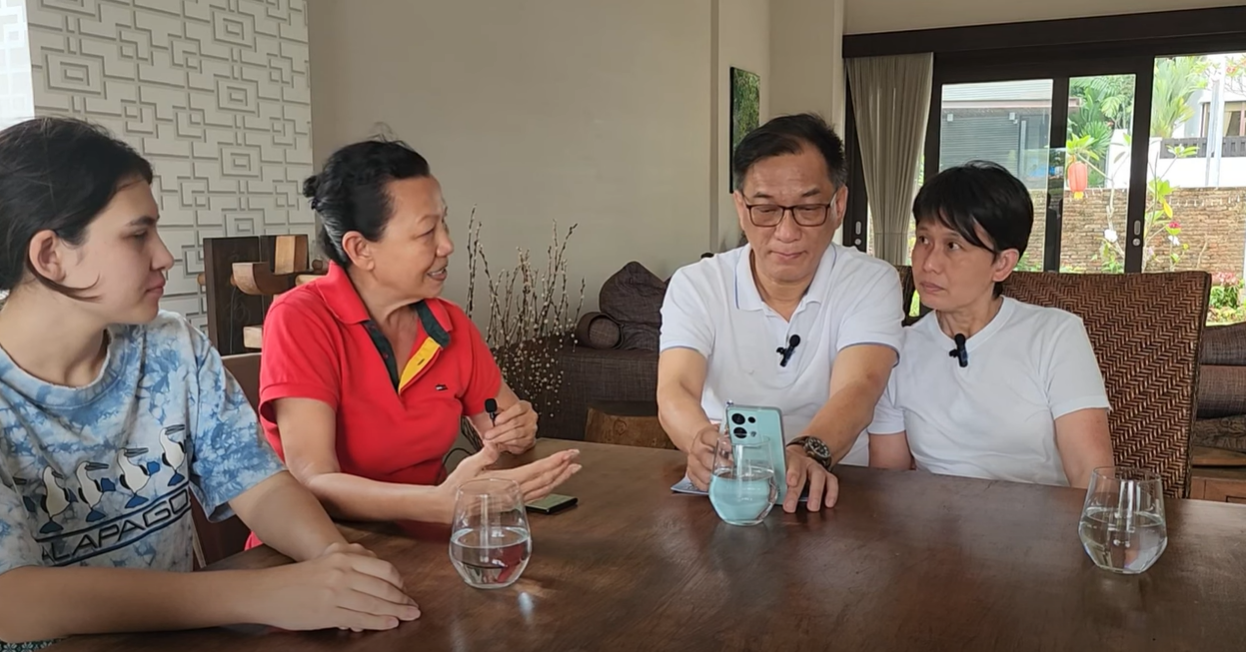 More from this series
More from this series
Find out how Peck Hoon got back on her feet and continues to stand tall with the support from family, friends, and members of the community.
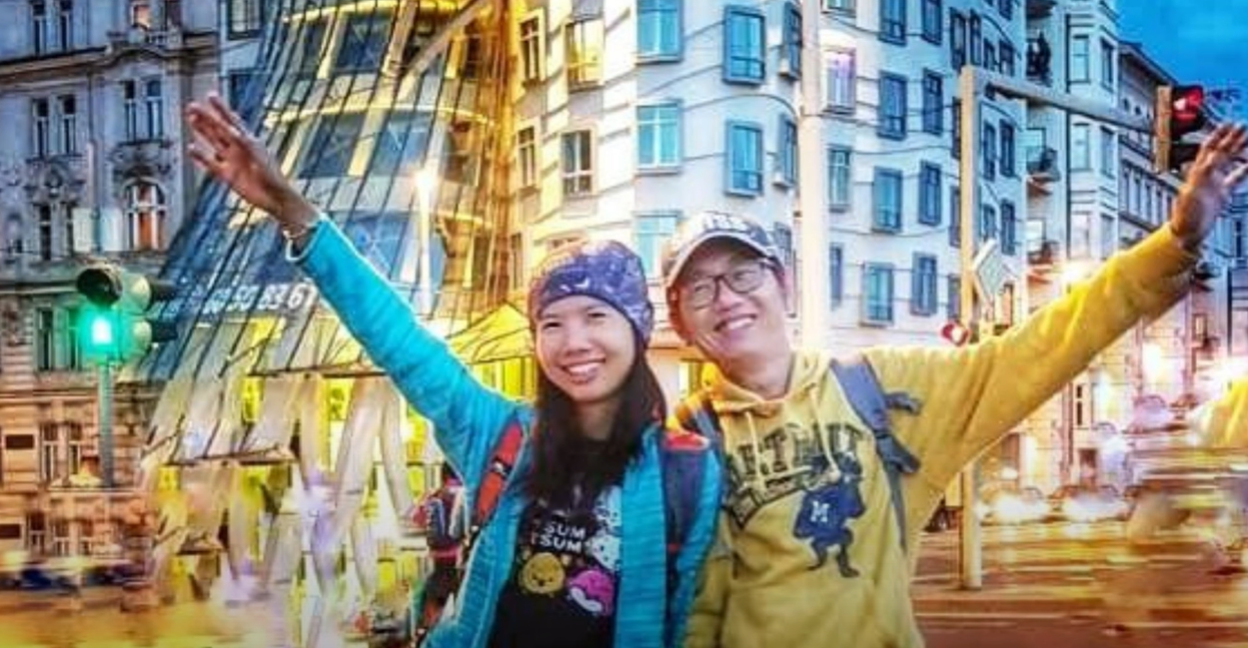 More from this series
More from this series
Serene shares her caregiving journey – from Kim Han’s diagnosis to her search for financial support and dementia-support programmes.
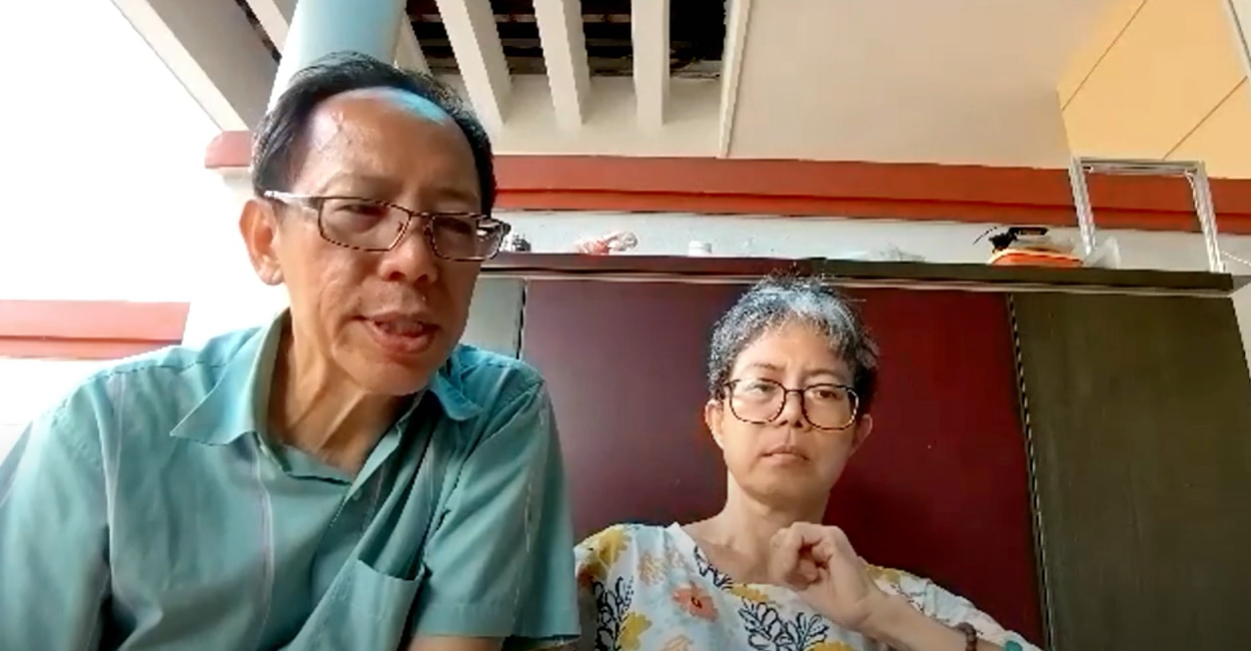 More from this series
More from this series
“Focus on what you can do instead of what you can’t,” husband, Shiang Lin, shares about challenges in caregiving and how he overcame them.
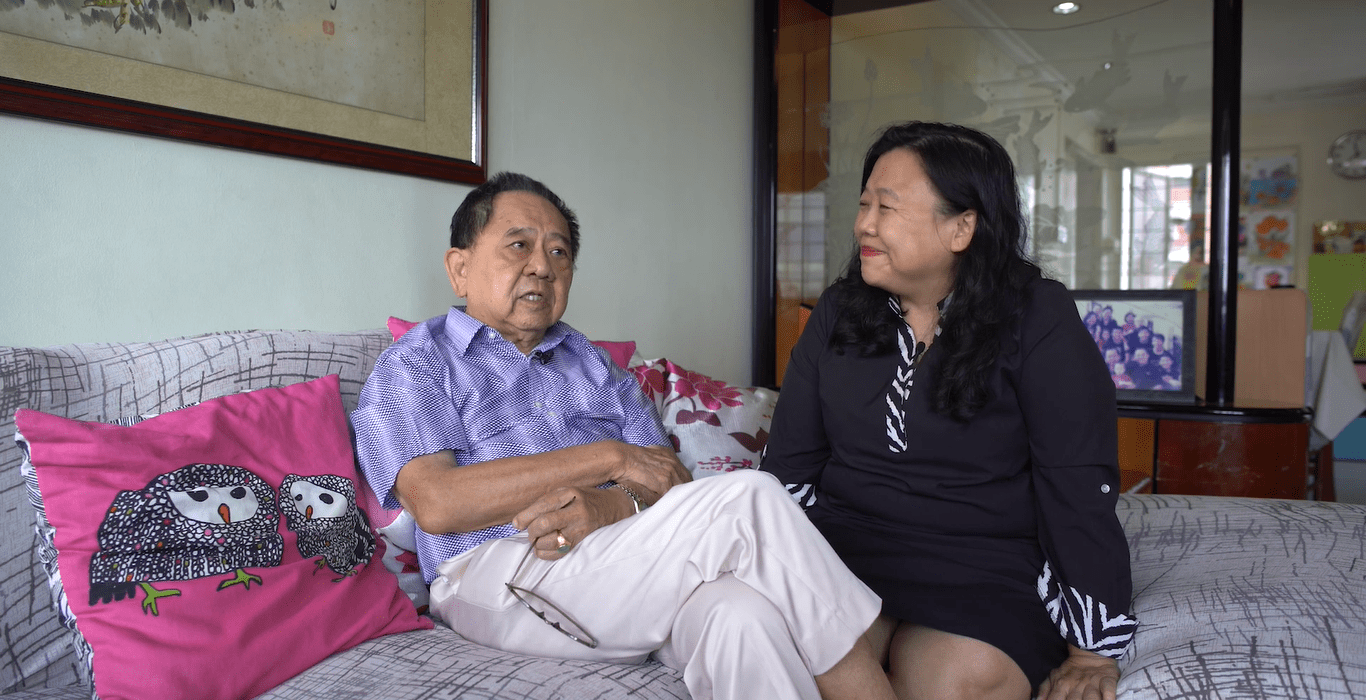 More from this series
More from this series
Person-centred care can improve the care quality and well-being of persons living with dementia. Hear from dementia advocates Thomas Ong and Alison Lim as they share their thoughts on what well-being means to them.
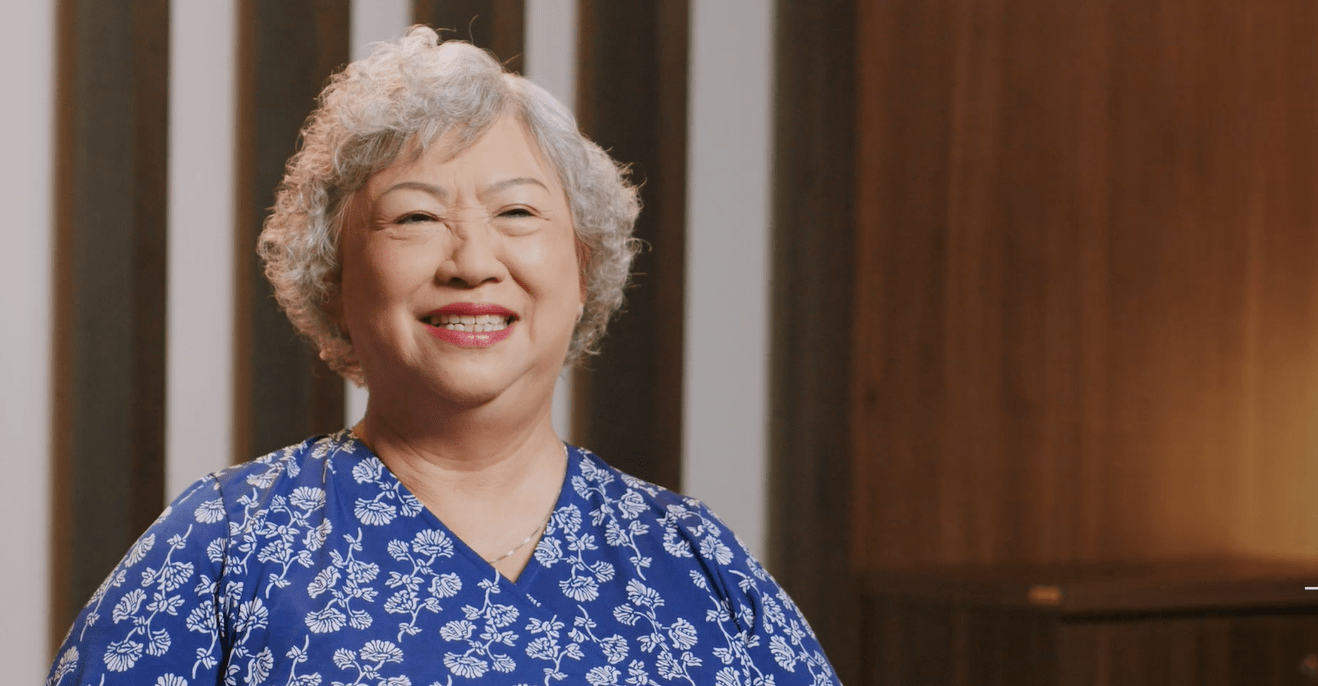 More from this series
More from this series
Learn about the importance of person-centred care and how it has benefitted care staff and clients/residents in dementia care settings such as day care centres and nursing homes.
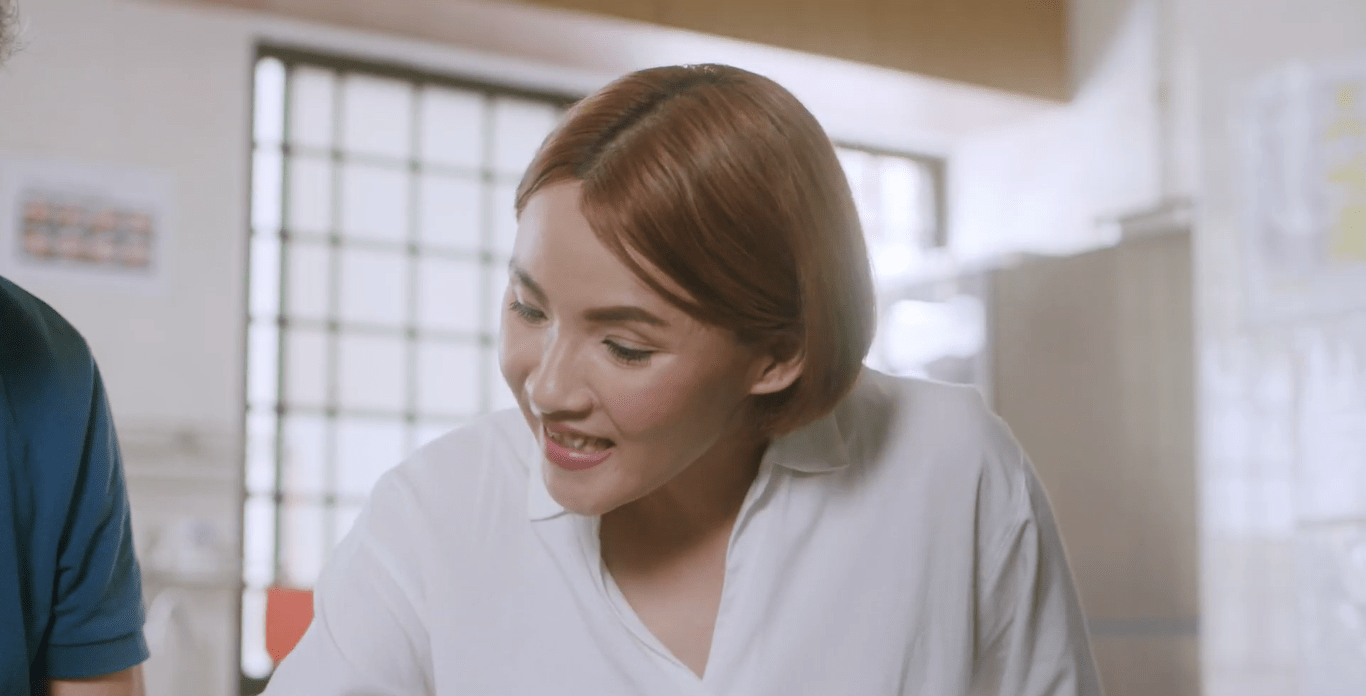 More from this series
More from this series
Learn about the concept of person-centred care, and find out how you can apply it daily when caring for a person living with dementia.
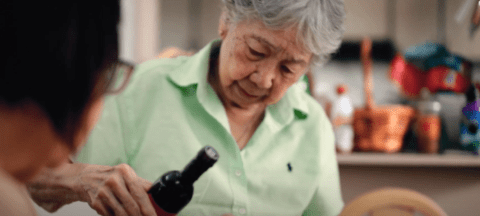 More from this series
More from this series
“Whatever will be, will be, and you don’t have to worry about it because life goes on no matter what happens.”
Just months after her husband was diagnosed with fourth-stage cancer, Katherine and her family were crushed to learn about her dementia diagnosis.
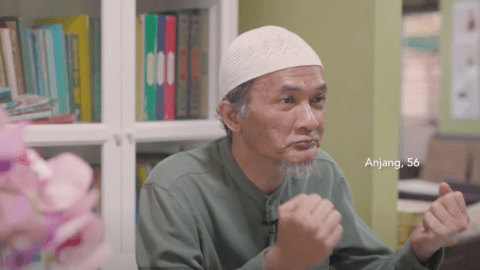 More from this series
More from this series
“Whatever life throws at me, I will keep on fighting.”
When Anjang Rosli was diagnosed with young-onset dementia at only 50 years old, he and his wife Sarima were heartbroken.
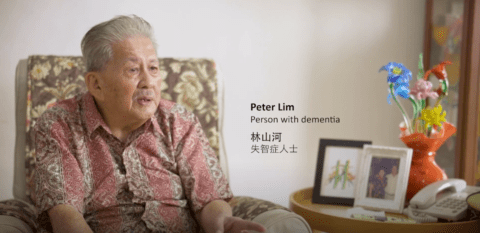 More from this series
More from this series
“I live my life with dignity and pride, despite dementia.”
Peter Lim has been diagnosed with dementia for a decade, but he does not allow this condition to define him.
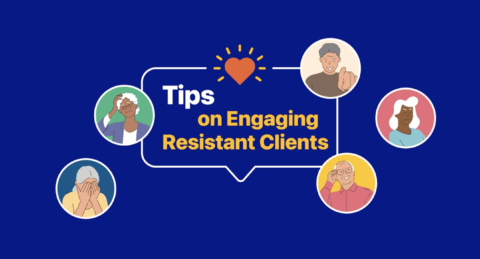 More from this series
More from this series
Case scenarios for mental health and dementia care professionals to help manage and engage with resistant clients.
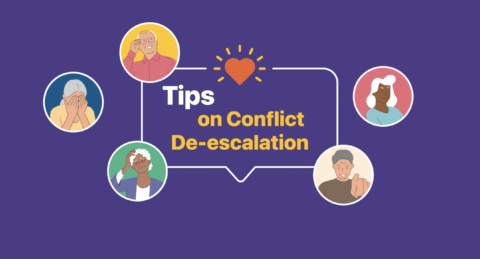 More from this series
More from this series
Case scenarios for mental health and dementia care professionals to help manage and de-escalate conflicts with clients.
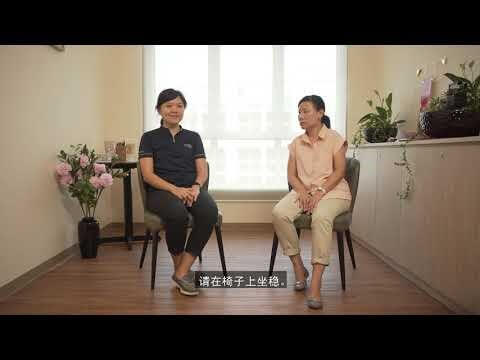 More from this series
More from this series
Take part in mindfulness exercise customized for stroke survivors in this video. This exercise is delivered in Mandarin
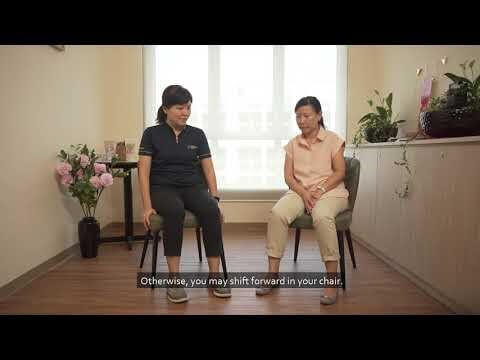 More from this series
More from this series
Take part in mindfulness exercise customized for stroke survivors in this video. This exercise is delivered in English
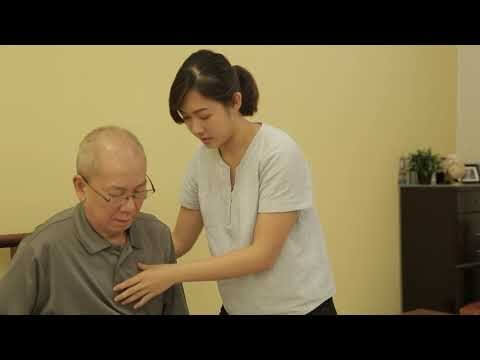 More from this series
More from this series
This video features lower limb exercises such as knee exercise & weight shifting exercises that stroke survivors can do
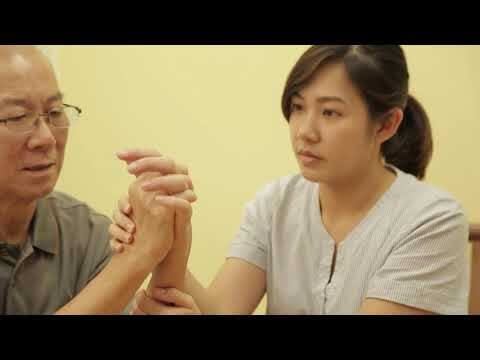 More from this series
More from this series
This video features exercises that stroke survivors can do for the upper limbs like shoulder lifts & hand exercises
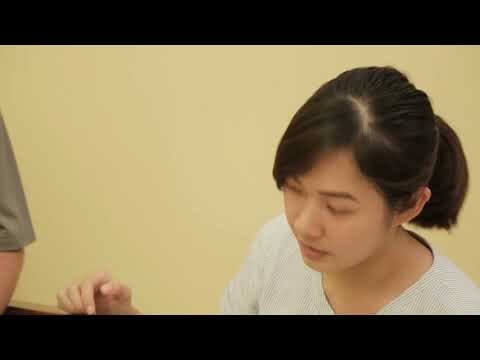 More from this series
More from this series
This video features the use of a theraband on the lower limbs during exercise can build strength in stroke survivors
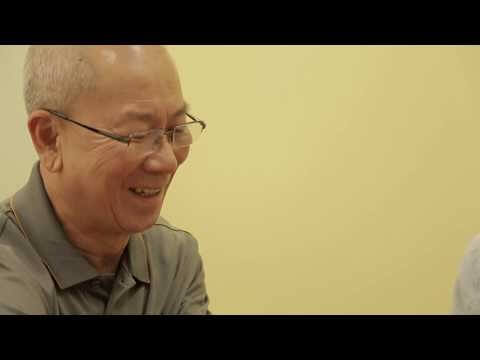 More from this series
More from this series
This video shows how stroke survivors can use household items such as a water bottle or a laundry basket for exercise
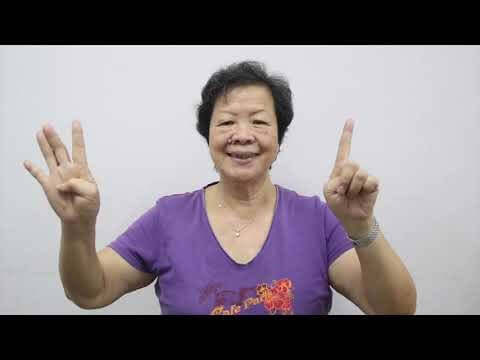
This video features seated psychomotoricfun exercises that will work on your loved one’s hand & bilateral coordination
 More from this series
More from this series
This video features a guided stay home workout session from NHC Bukit Batok. To prepare: a chair, space to move around
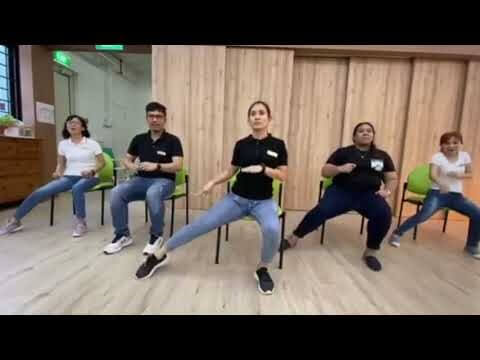 More from this series
More from this series
This video features a guided stay home workout session from NHC Bukit Batok. To prepare: a chair, space to move around
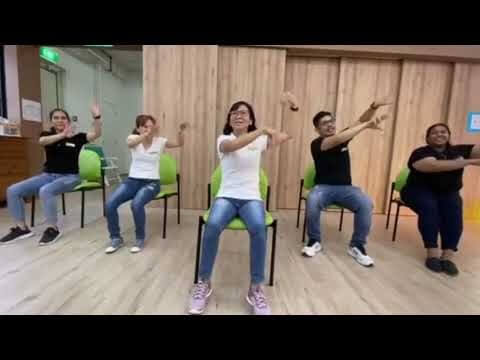 More from this series
More from this series
This video features a guided stay home workout session from NHC Bukit Batok. To prepare: a chair, space to move around
 More from this series
More from this series
This video features a guided stay home workout session from NHC Bukit Batok. To prepare: a chair, space to move around
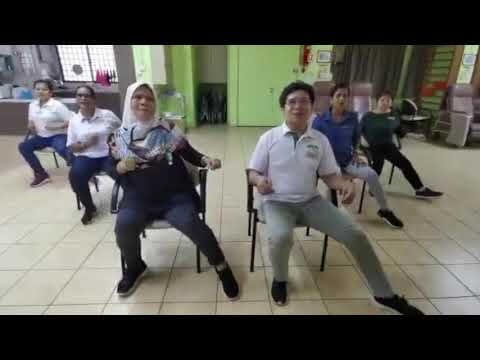 More from this series
More from this series
This video features a guided stay home workout session from NHC Tampines. To prepare: a chair, space to move around
 More from this series
More from this series
This video features a guided stay home workout session from NHC Tampines. To prepare: a chair, space to move hands
 More from this series
More from this series
This video features a guided stay home workout session from NHC Tampines. To prepare: a chair, space to move hands
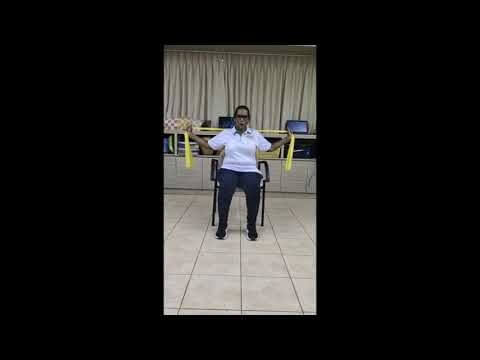 More from this series
More from this series
This video features a guided stay home workout session from NHC Tampines. To prepare: a chair & resistance band
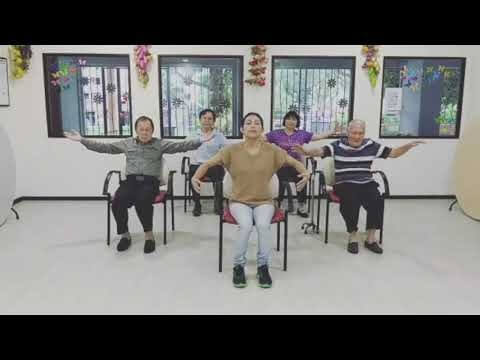 More from this series
More from this series
This video features a guided stay home workout session from NHC Toa Payoh. To prepare: a chair, space to move hands
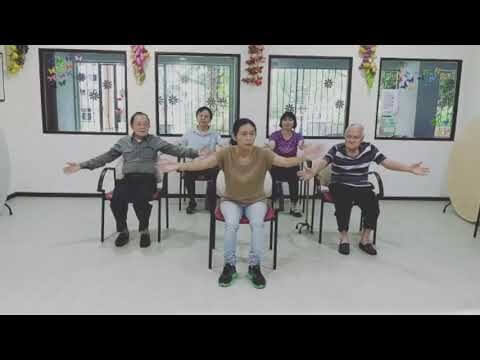 More from this series
More from this series
This video features a guided stay home workout session from NHC Toa Payoh. To prepare: a chair, space to move hands
 More from this series
More from this series
This video is a tutorial of how to cook Dahi Vada
 More from this series
More from this series
This video is a tutorial of how to cook Fillet Fish Soup Lauk Singgang
 More from this series
More from this series
This video is a tutorial of how to cook Mixed Bean Soup
 More from this series
More from this series
This video is a tutorial of how to cook Spinach Soup in Rempah Titek
 More from this series
More from this series
This video is a tutorial of how to cook Shrimp Pasta
 More from this series
More from this series
This video is a tutorial of how to cook Blended Porridge with Vegetables & Meat
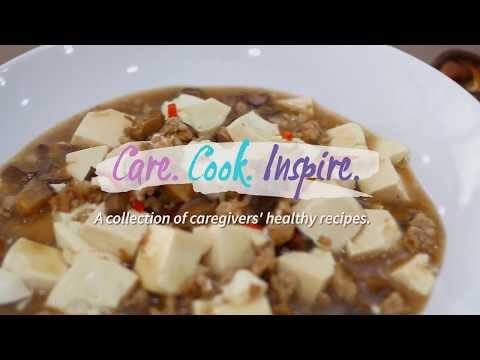 More from this series
More from this series
This video is a tutorial of how to cook Mapo Tofu
 More from this series
More from this series
This video is a tutorial of how to cook Chilled Longan With White Fungus & Jasmine Flowers
 More from this series
More from this series
This video is a tutorial of how to cook Bubor Cha Cha
 More from this series
More from this series
This video is a tutorial of how to cook Steamed Chicken With Black Fungus & Mushrooms
 More from this series
More from this series
This video is a tutorial of how to cook Roasted Chicken With Boiled Vegetables
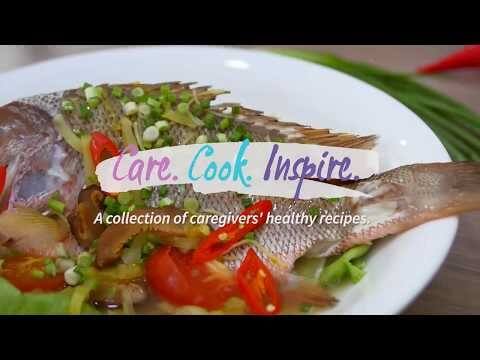 More from this series
More from this series
This video is a tutorial of how to cook Teochew Steamed Fish
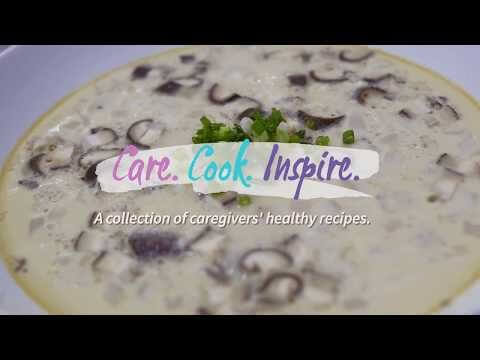 More from this series
More from this series
This video is a tutorial of how to cook Steamed Egg With Minced Meat & Mushrooms
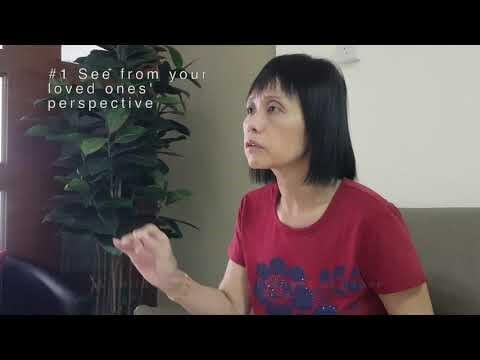 More from this series
More from this series
This video features Janet Koh, who shares useful tips for caregivers to better care for their loved ones & themselves
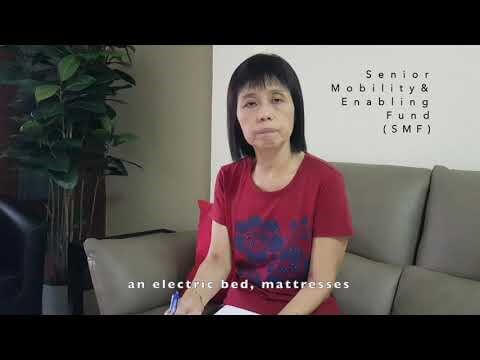 More from this series
More from this series
This video features Janet Koh, who shares useful resources such as financial grants to help caregivers in their journey
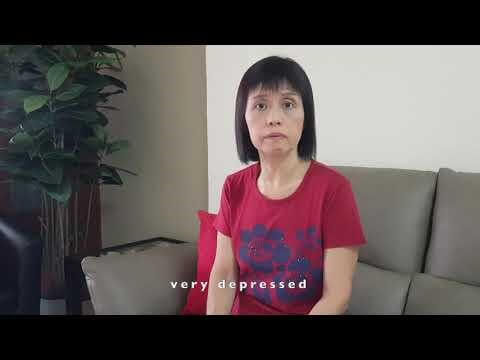 More from this series
More from this series
This video features Janet Koh, who shares her experience caring for her mother who lives with dementia
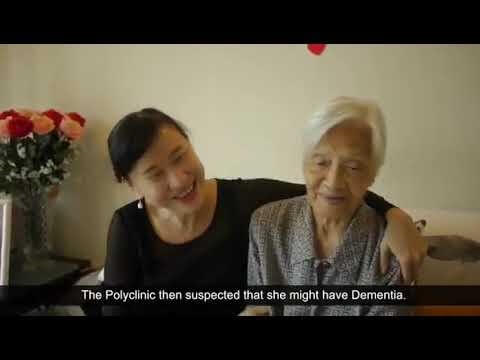
This video provides an insight into the caregiving journey of a caregiver, Stella, & the positive effects of counselling
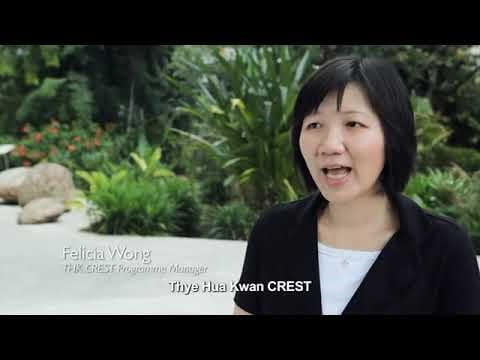
This video features the support & services from Temasek Cares-iCommunity@North available for those impacted by dementia
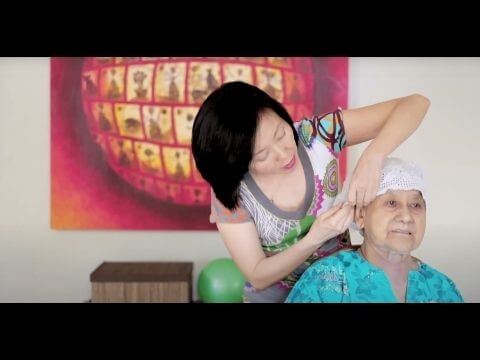
Discover strategies and techniques offered by caregivers on how to deal with concerns such as confusion & restlessness
 More from this series
More from this series
Ms Sharon Gan, a senior counsellor, & Mr Richard Ashworth, a caregiver, answer questions about self-care for caregivers
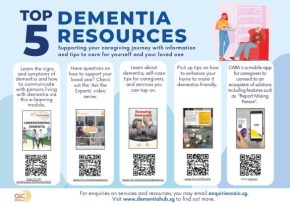
5 top-ranked tips and guides that help support your caregiving journey with useful information to care for yourself and your loved one.
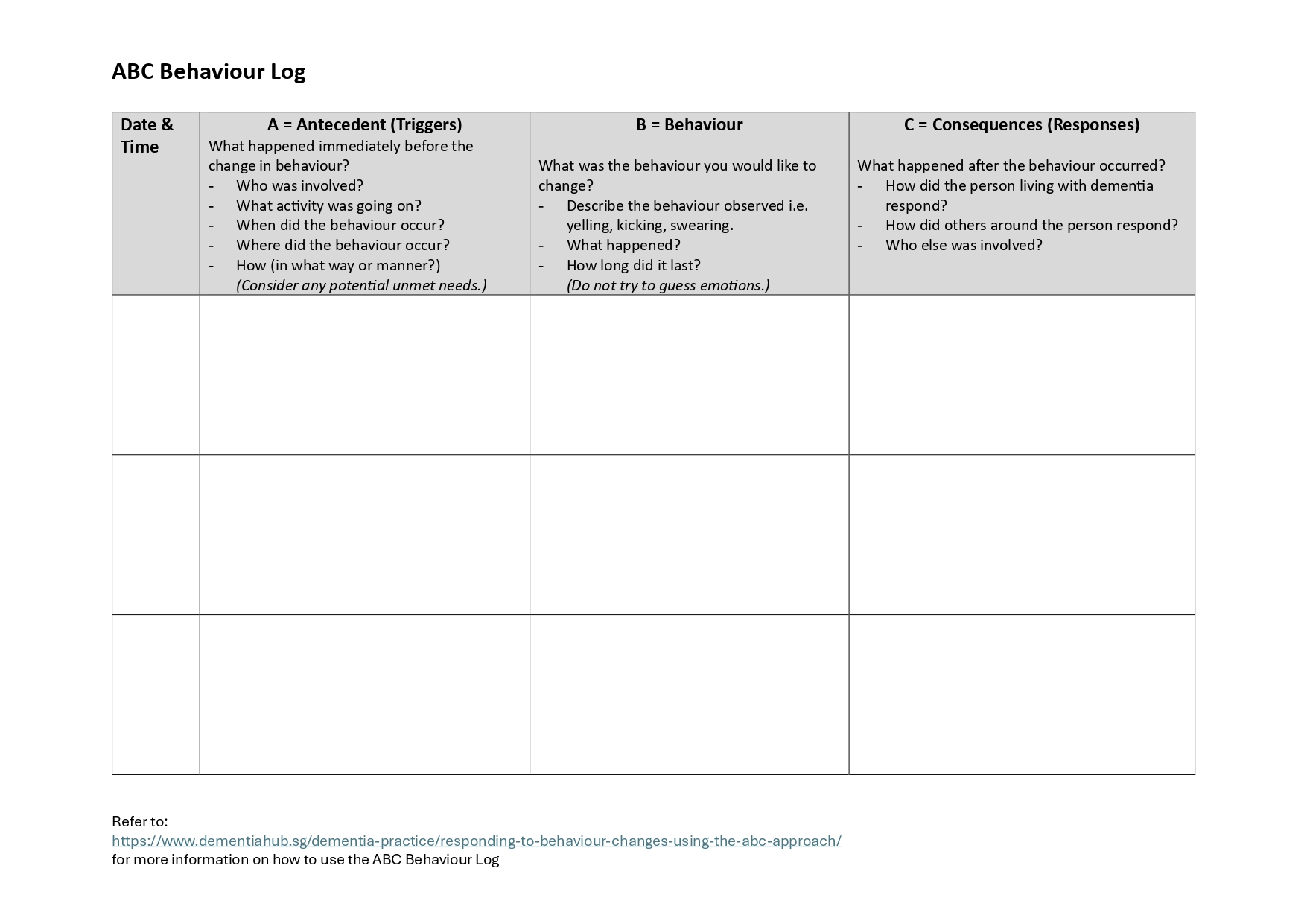
The ABC Behaviour Log helps care professionals record triggers of behaviour changes (Antecedents), describe the behaviour (Behaviour), and identify subsequent outcomes (Consequences). This methodical approach is invaluable for developing personalised strategies to effectively prevent or manage these behaviour changes.
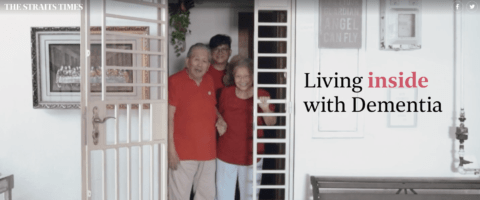 More from this series
More from this series
This interactive news feature by Straits Times explores how Daniel Lim, a loving son created a Dementia-Friendly Home for his dad.
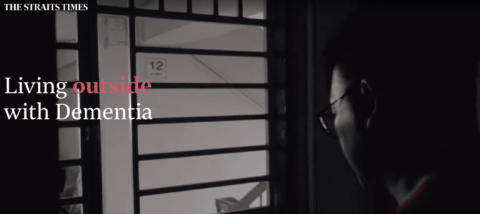 More from this series
More from this series
This interactive news feature by Straits Times explores how Singapore builds its Dementia-Friendly neighbourhoods.
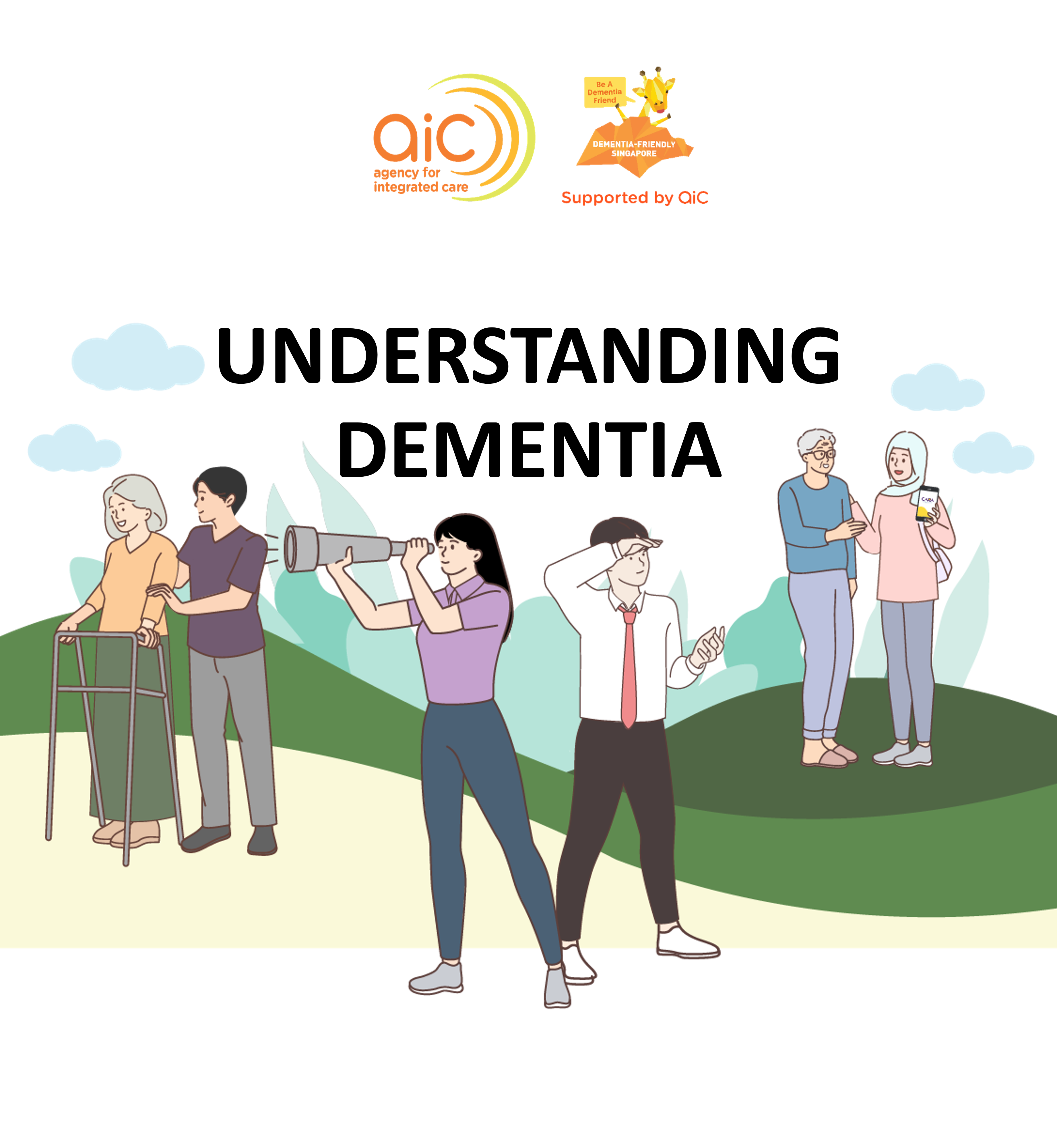
This e-learning series offers information on understanding dementia, reducing risk & dementia-friendly communities
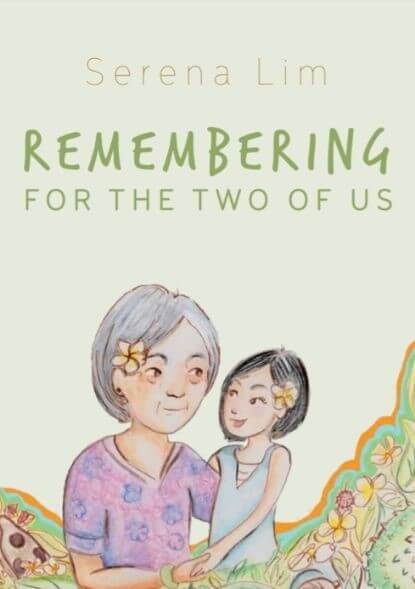
This book aims to help children understand dementia through the story & activities provided at the end of each chapter
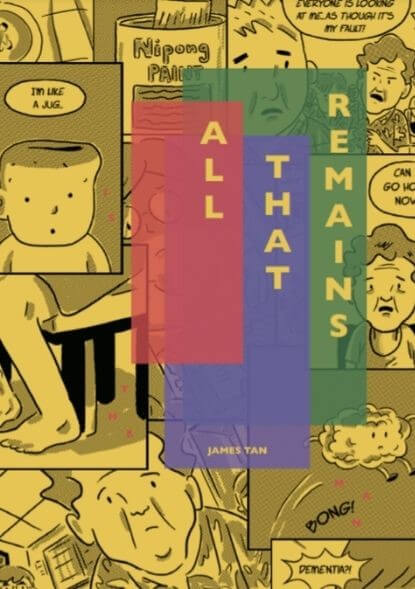
This graphic novel features stories & illustrations inspired by real-life experiences of families impacted by dementia
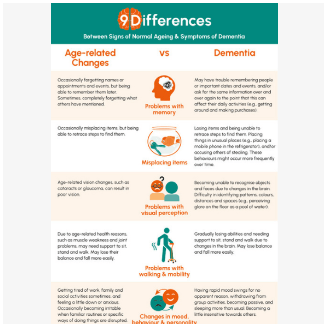
This infographic breaks down the signs and symptoms of dementia & how it differs from regular age-related changes
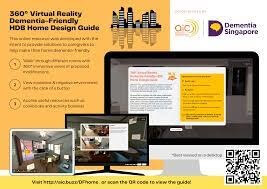
This guide provides virtual solutions for caregivers to help make their home dementia-friendly. Best viewed on desktop
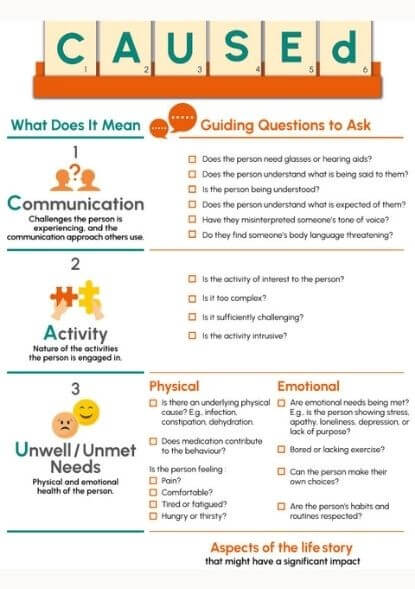
This tool is aimed at helping caregivers understand the behavioural changes of persons with dementia